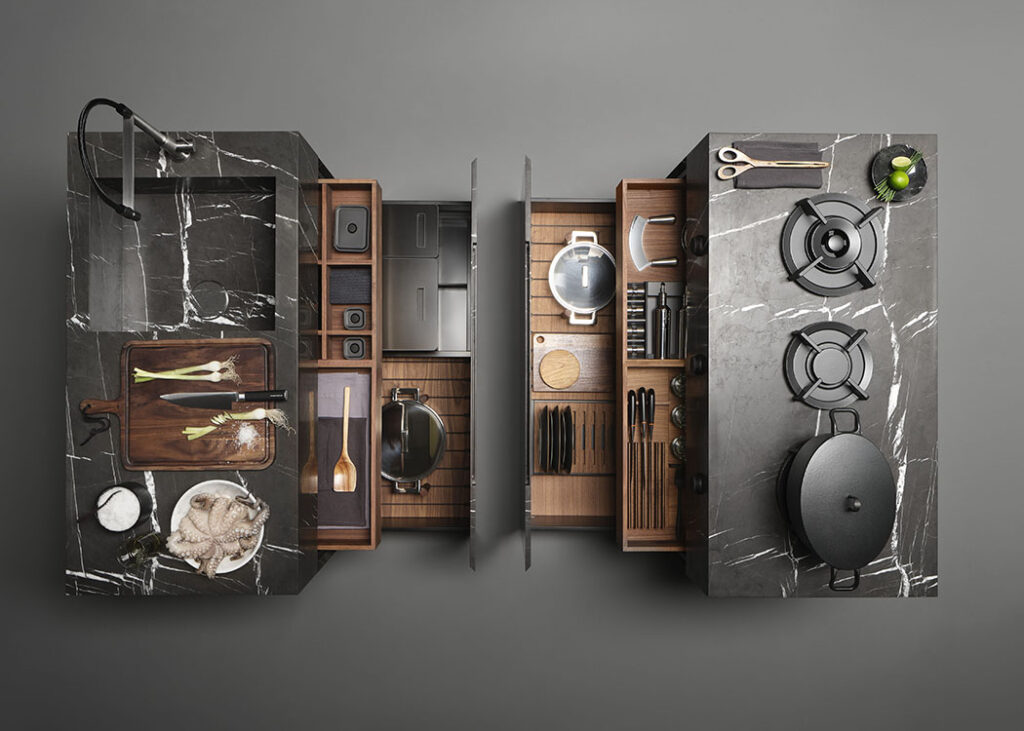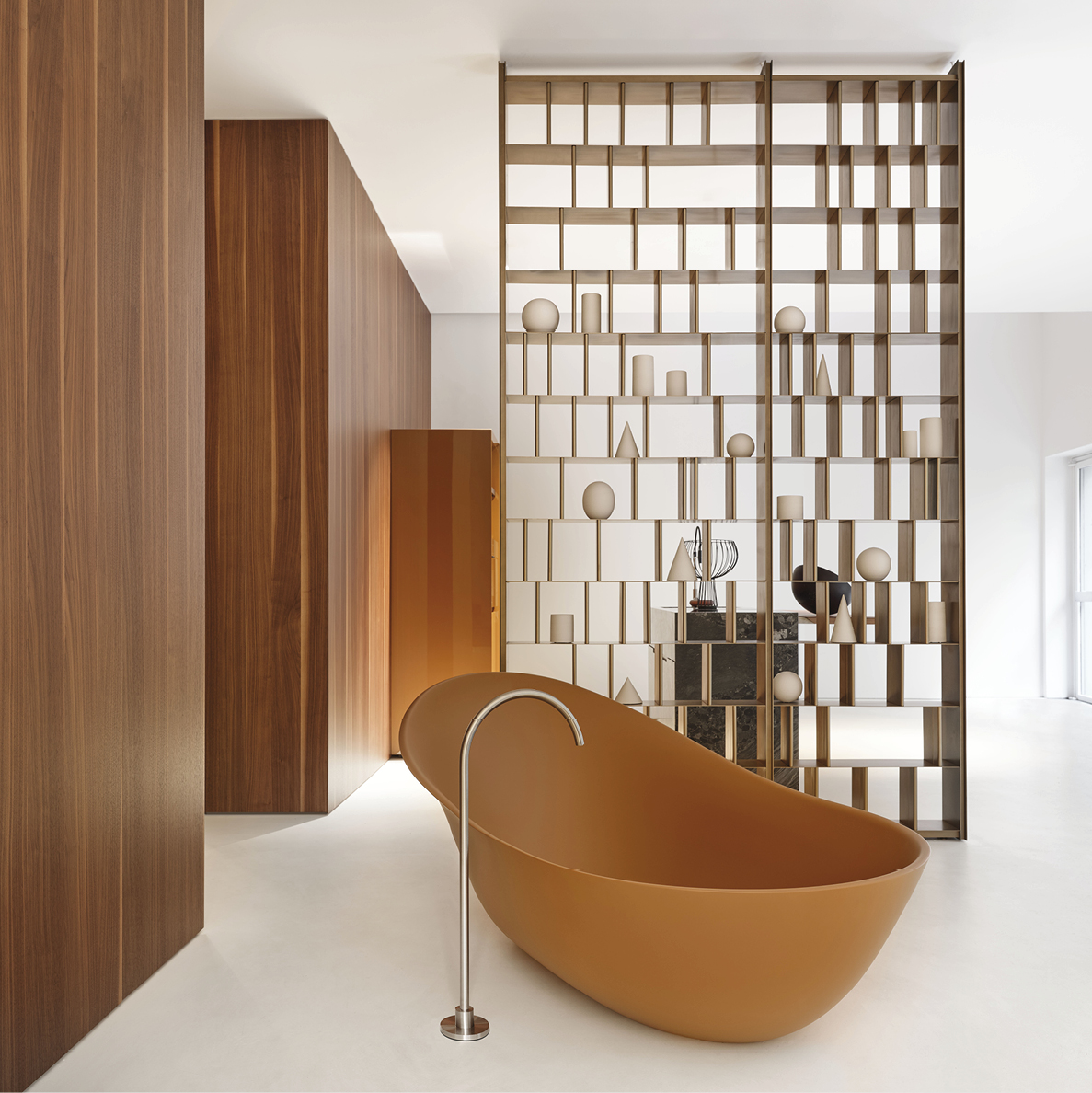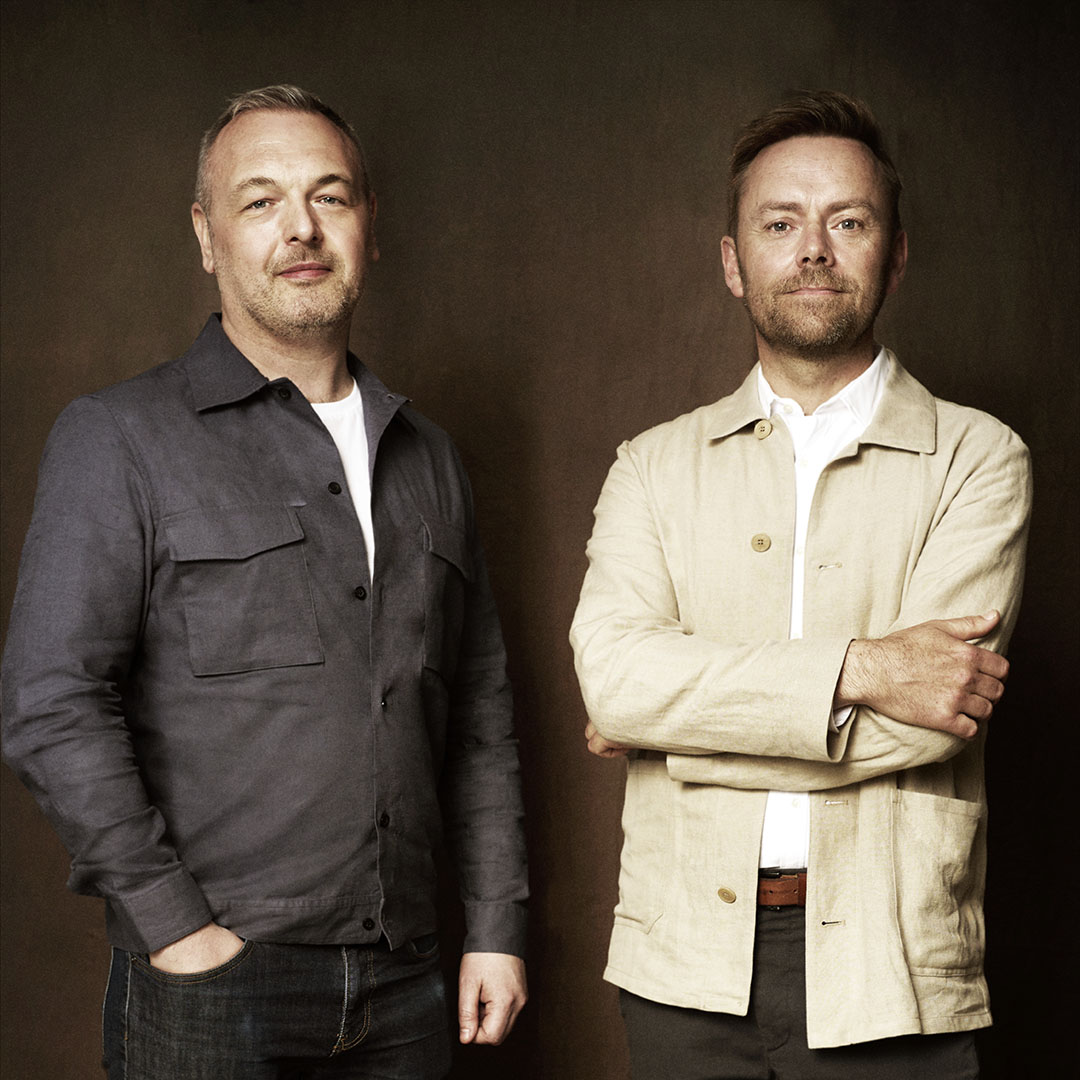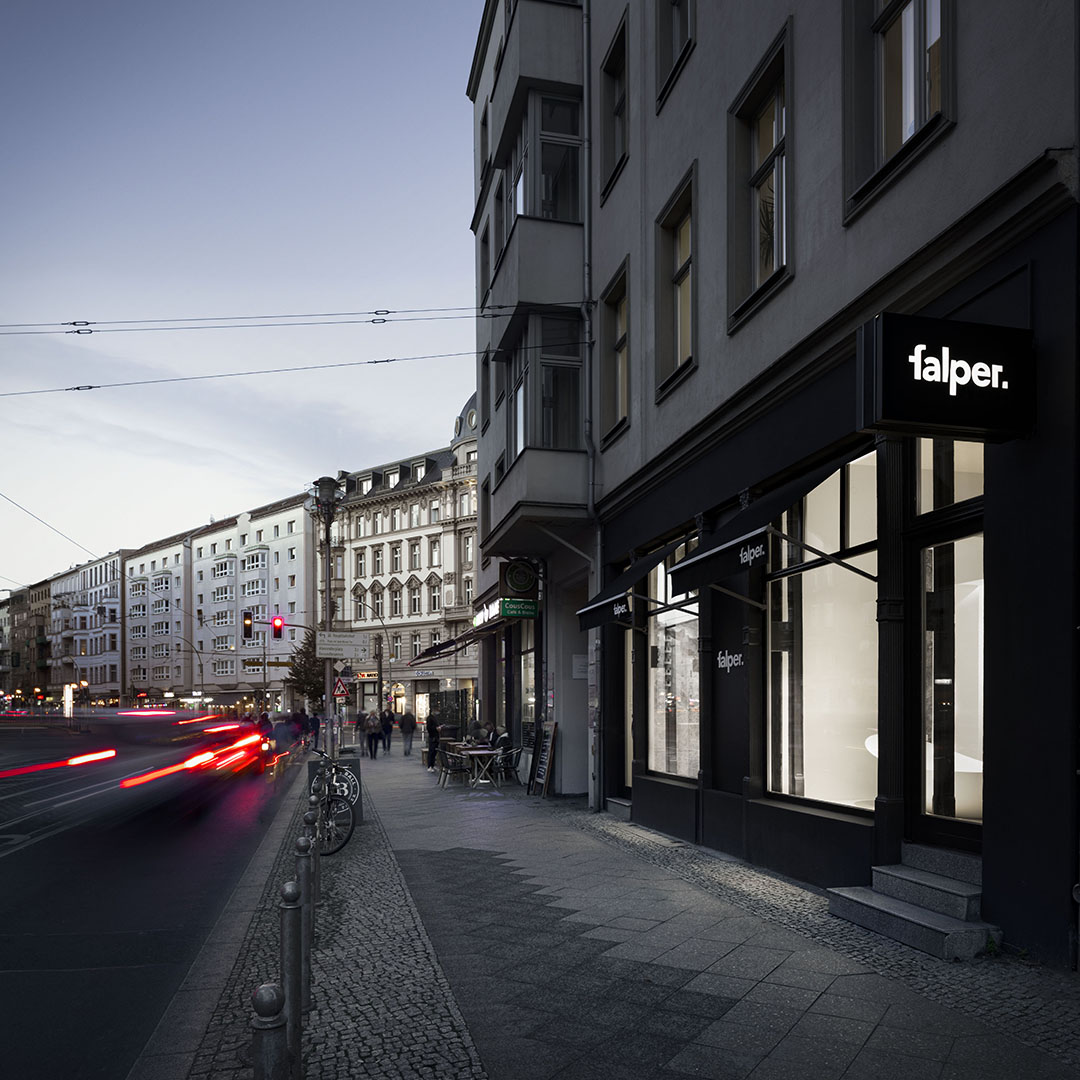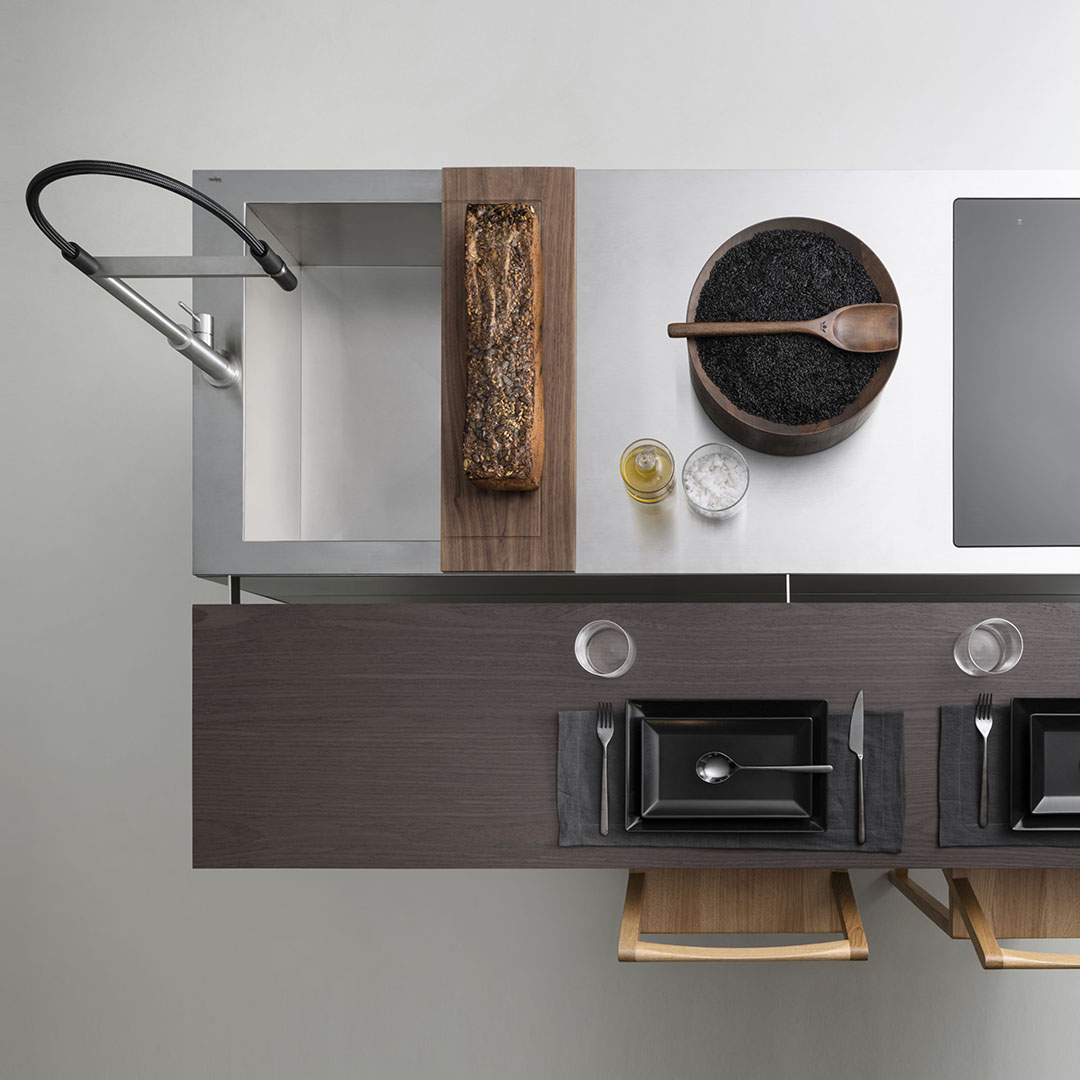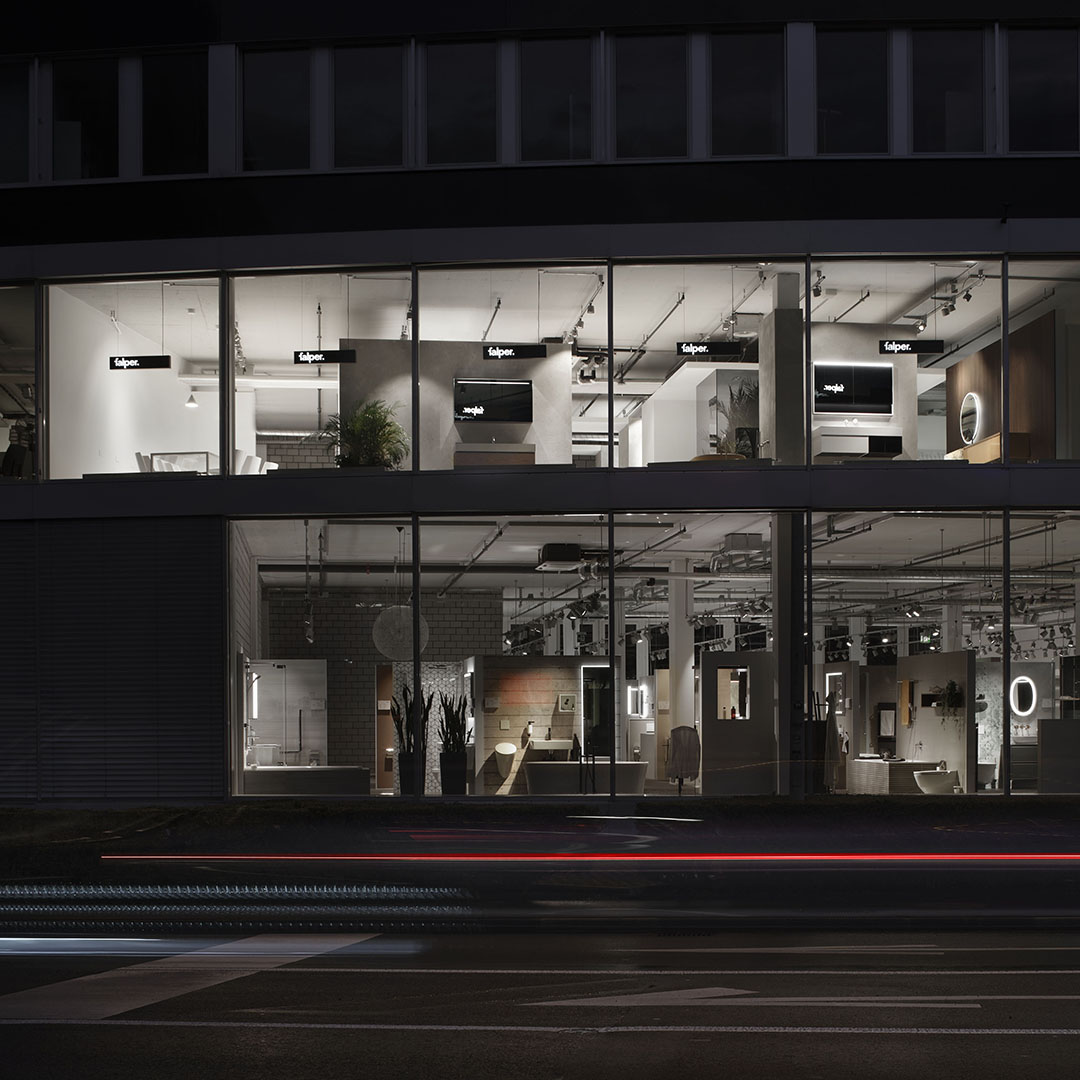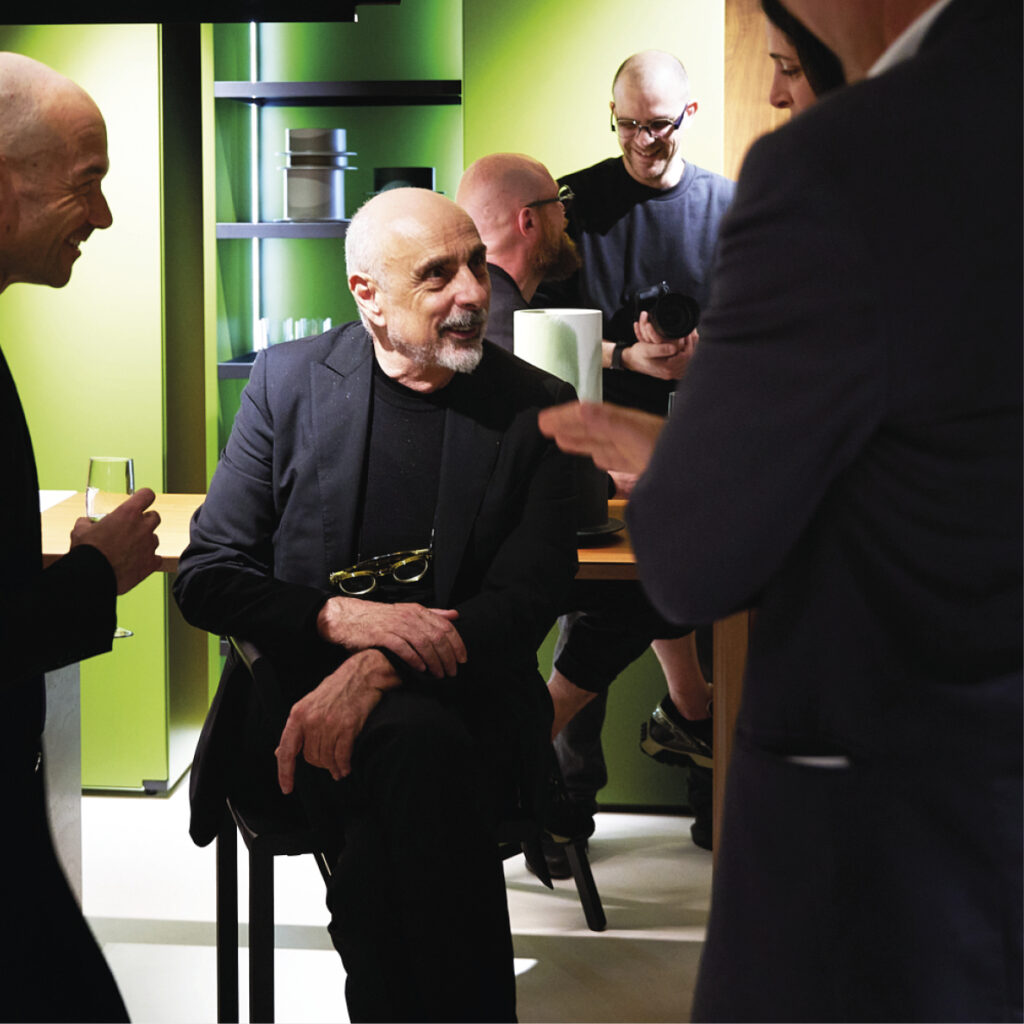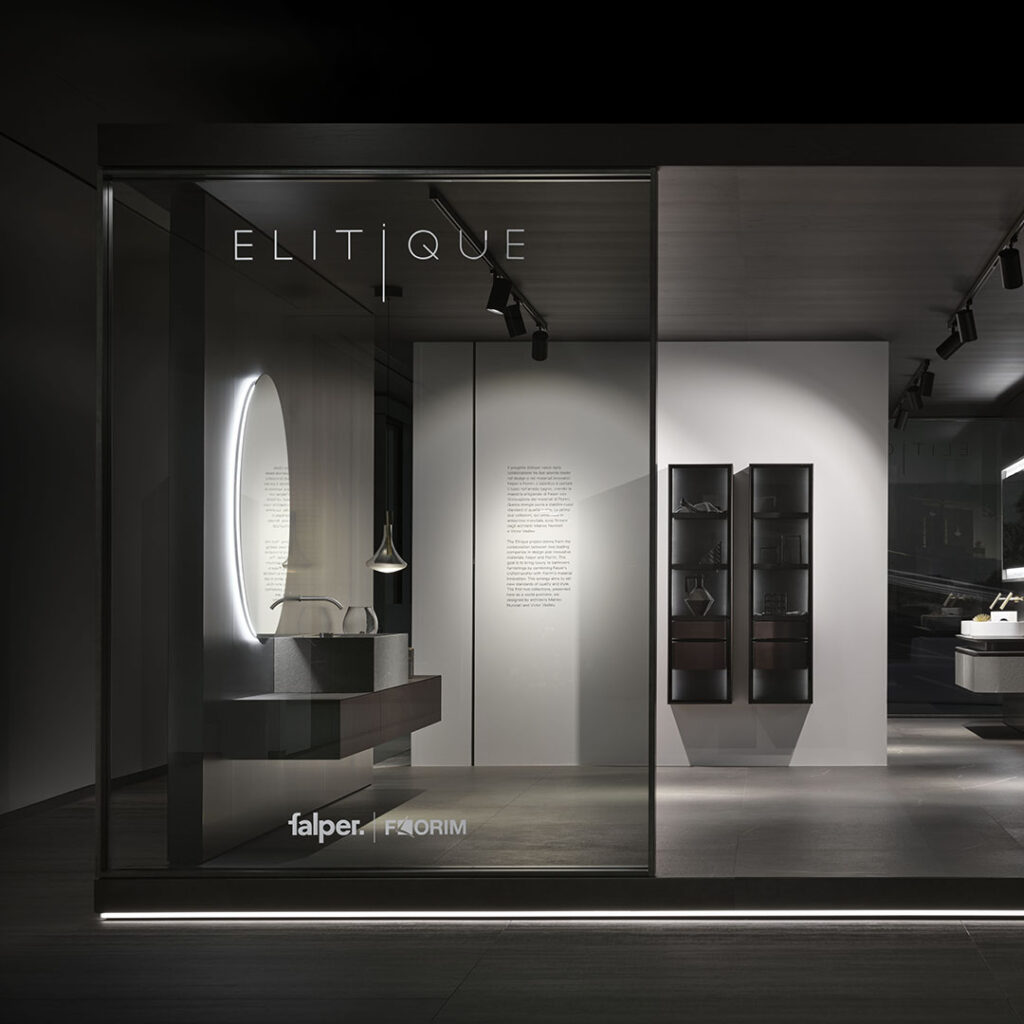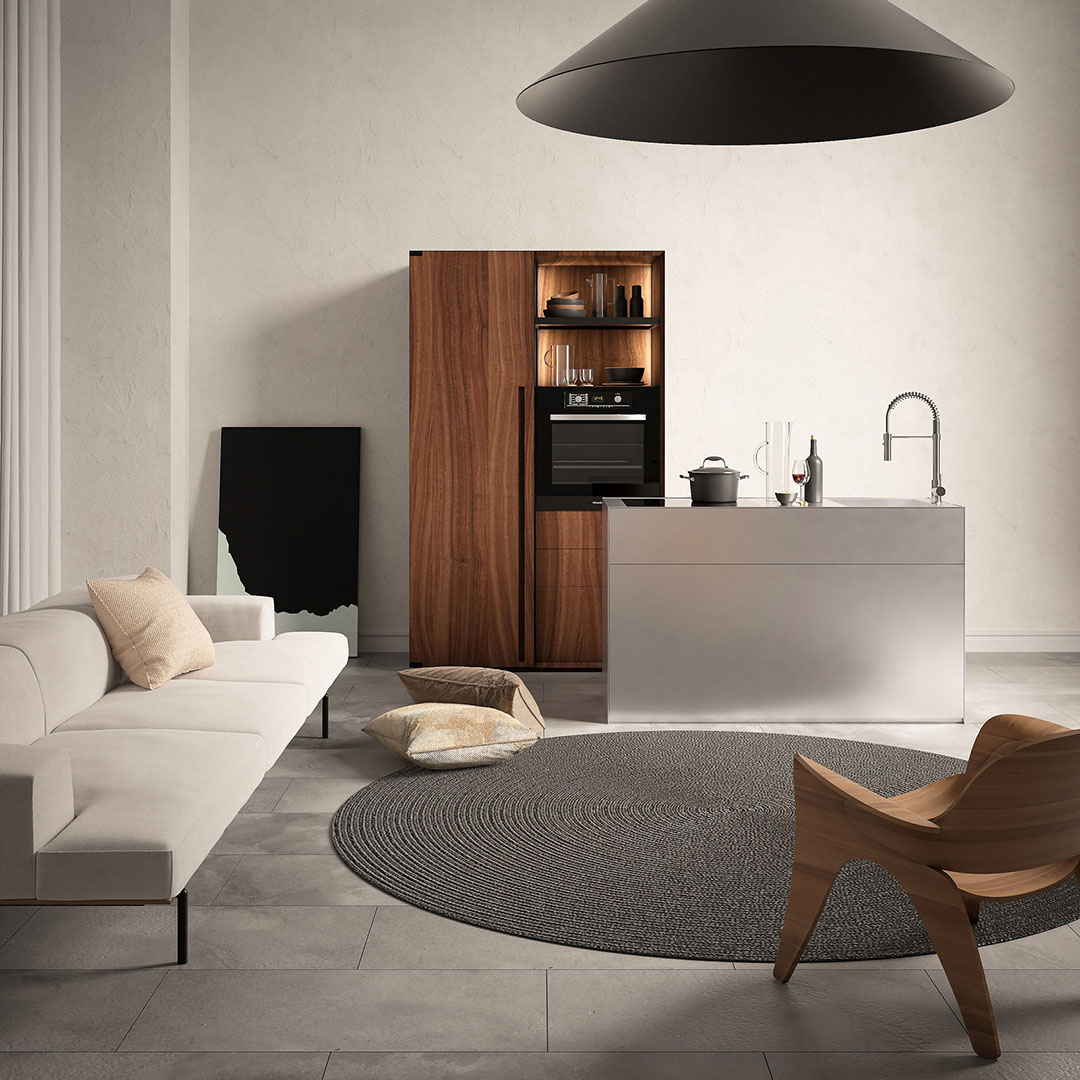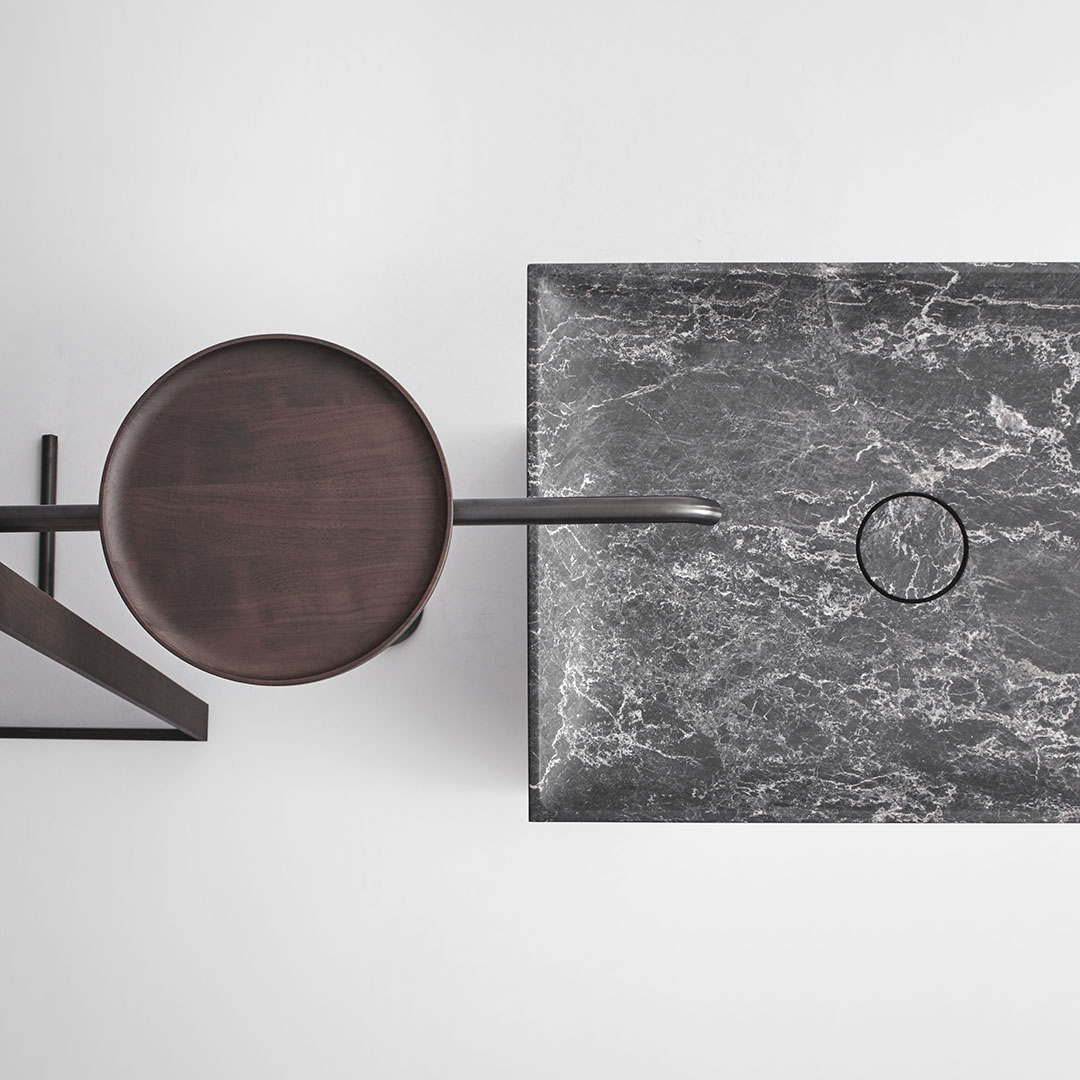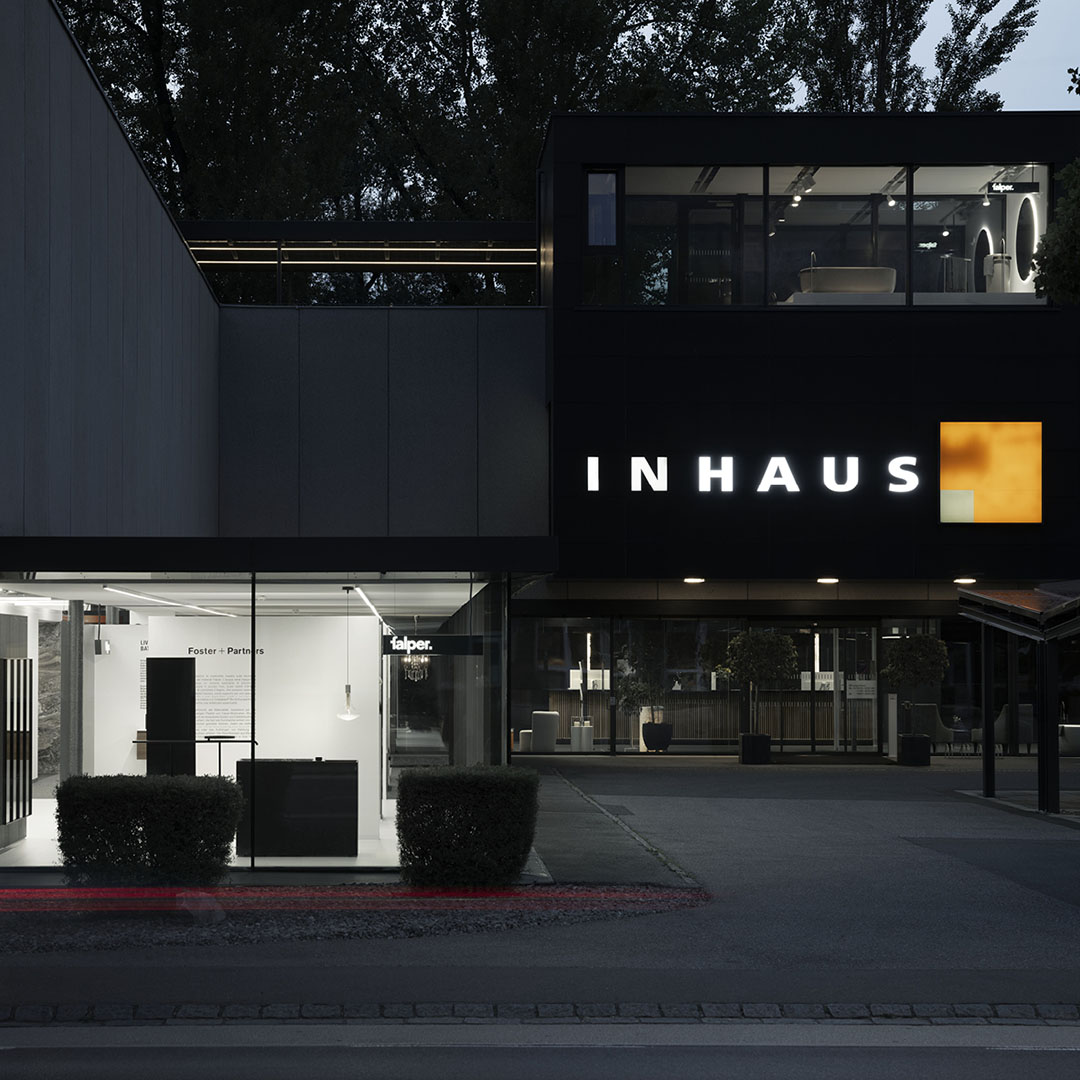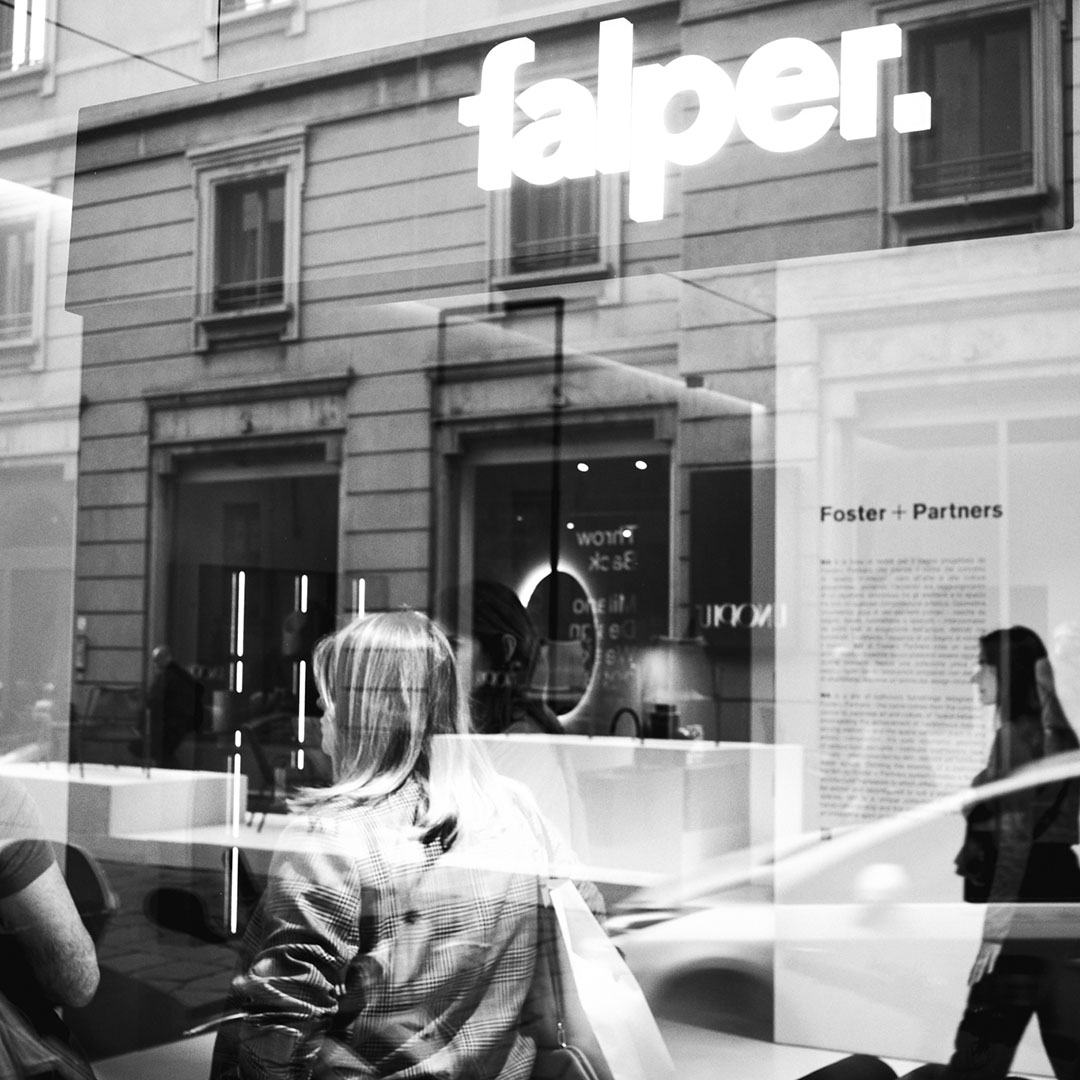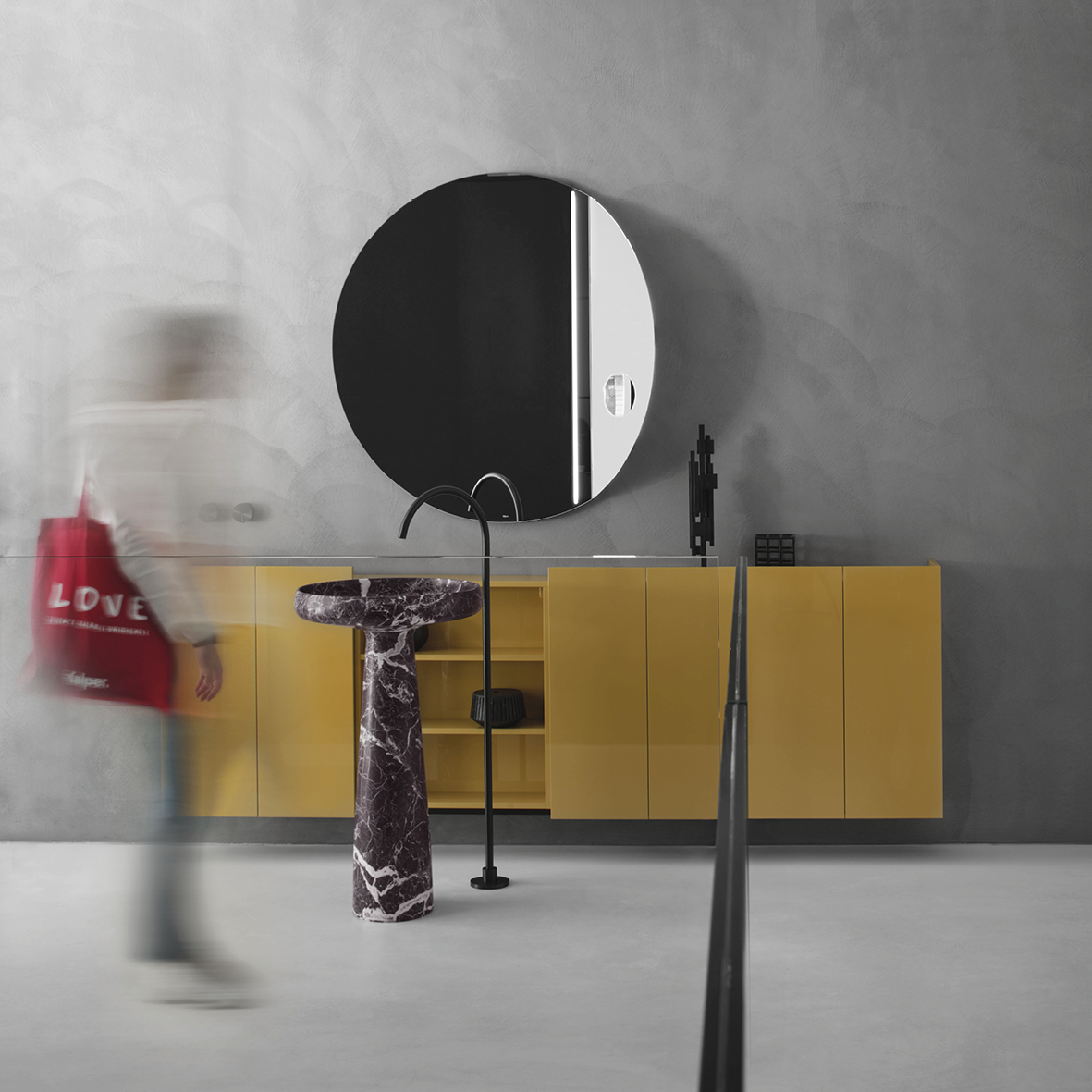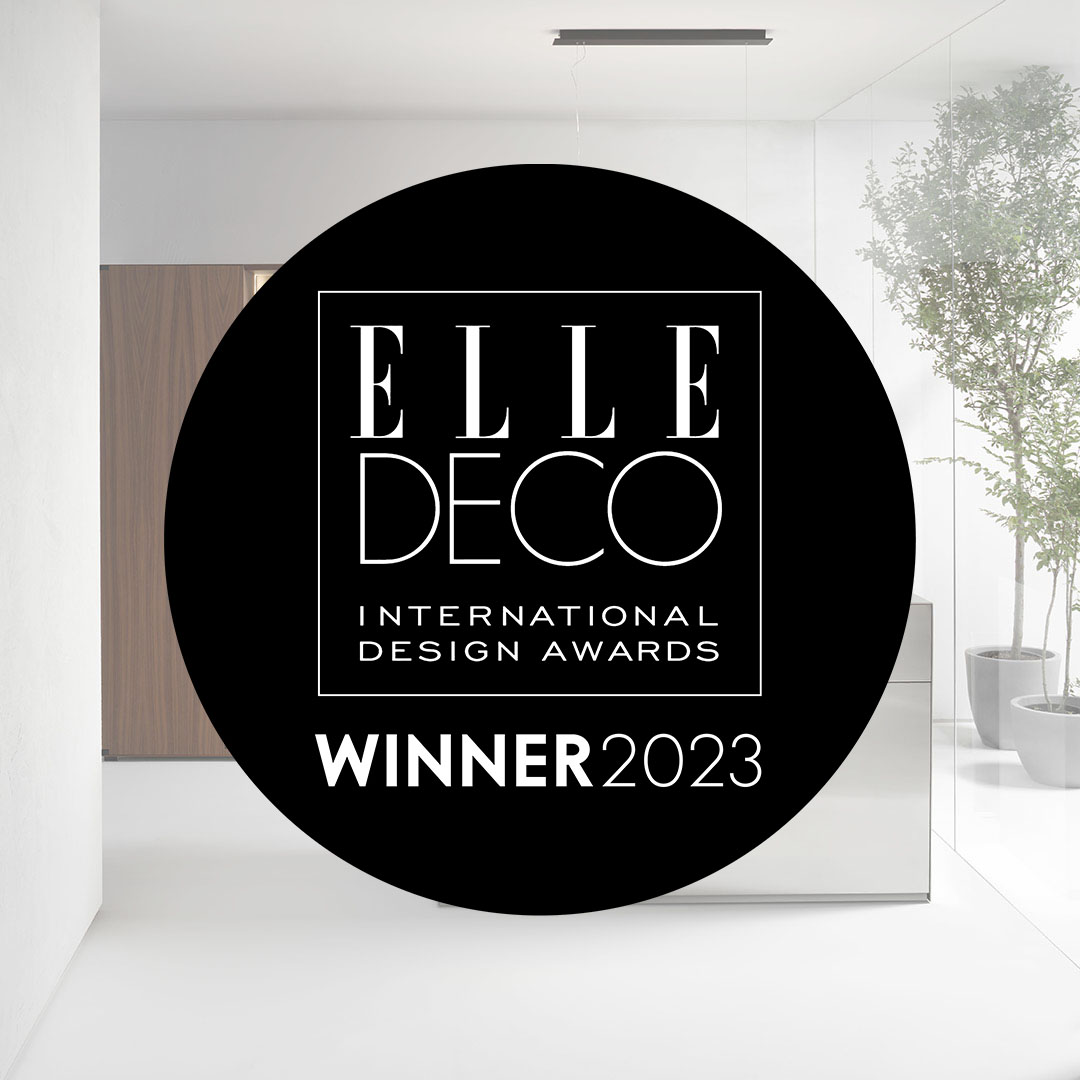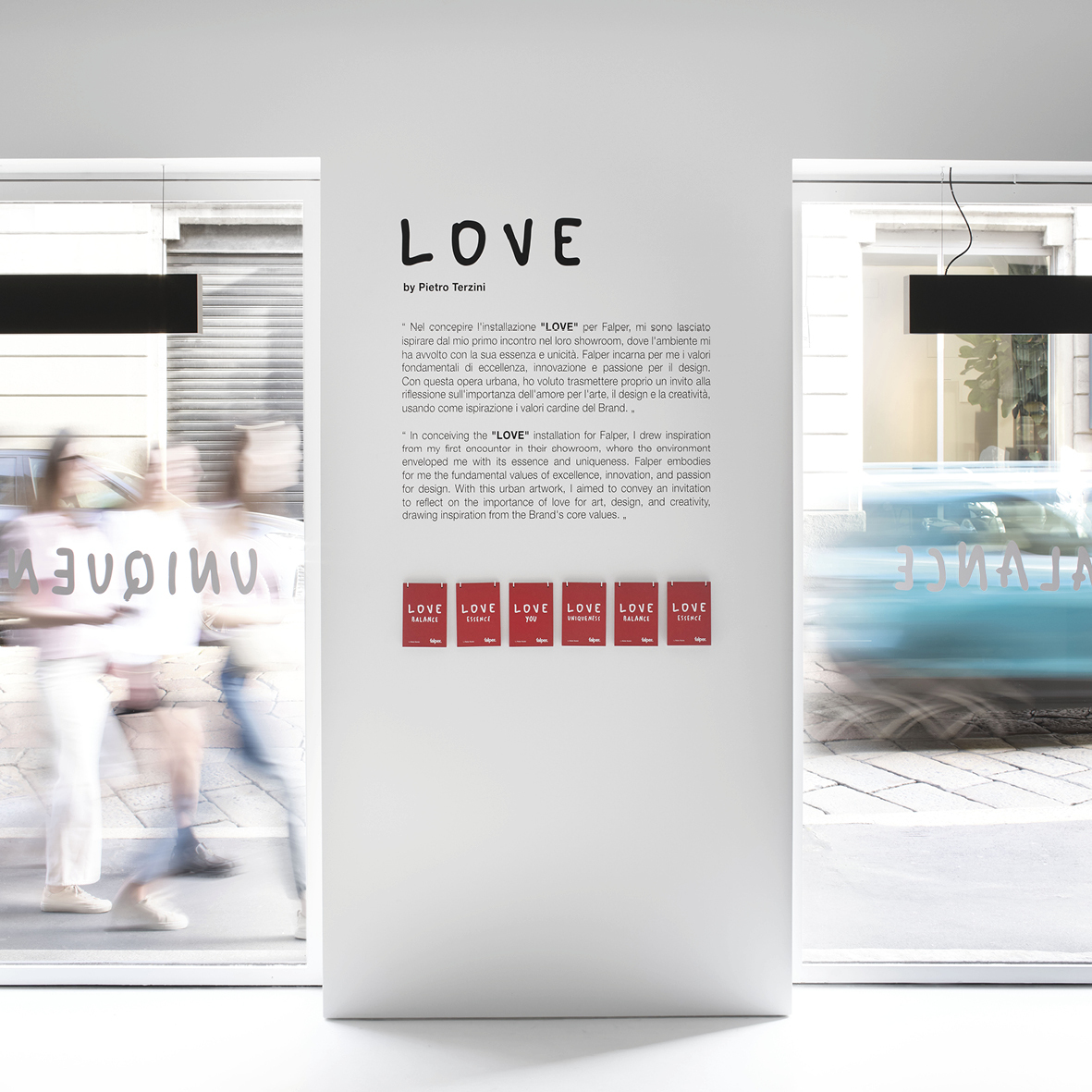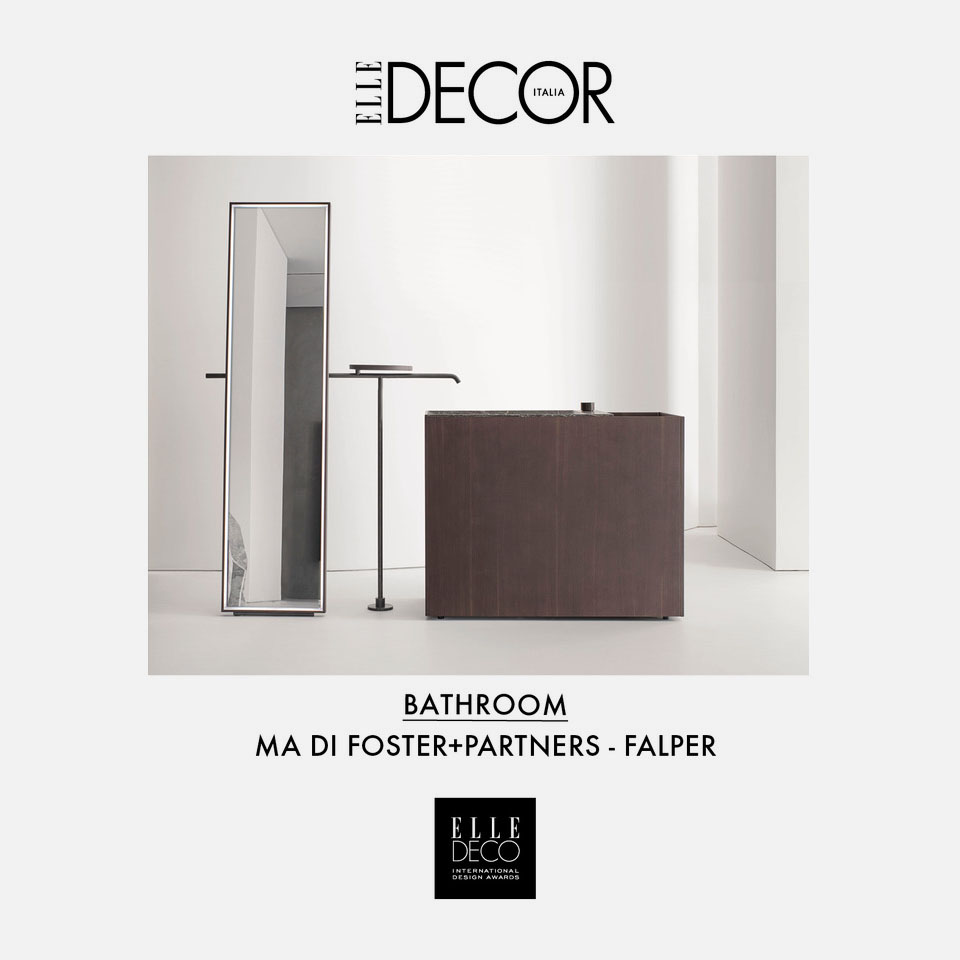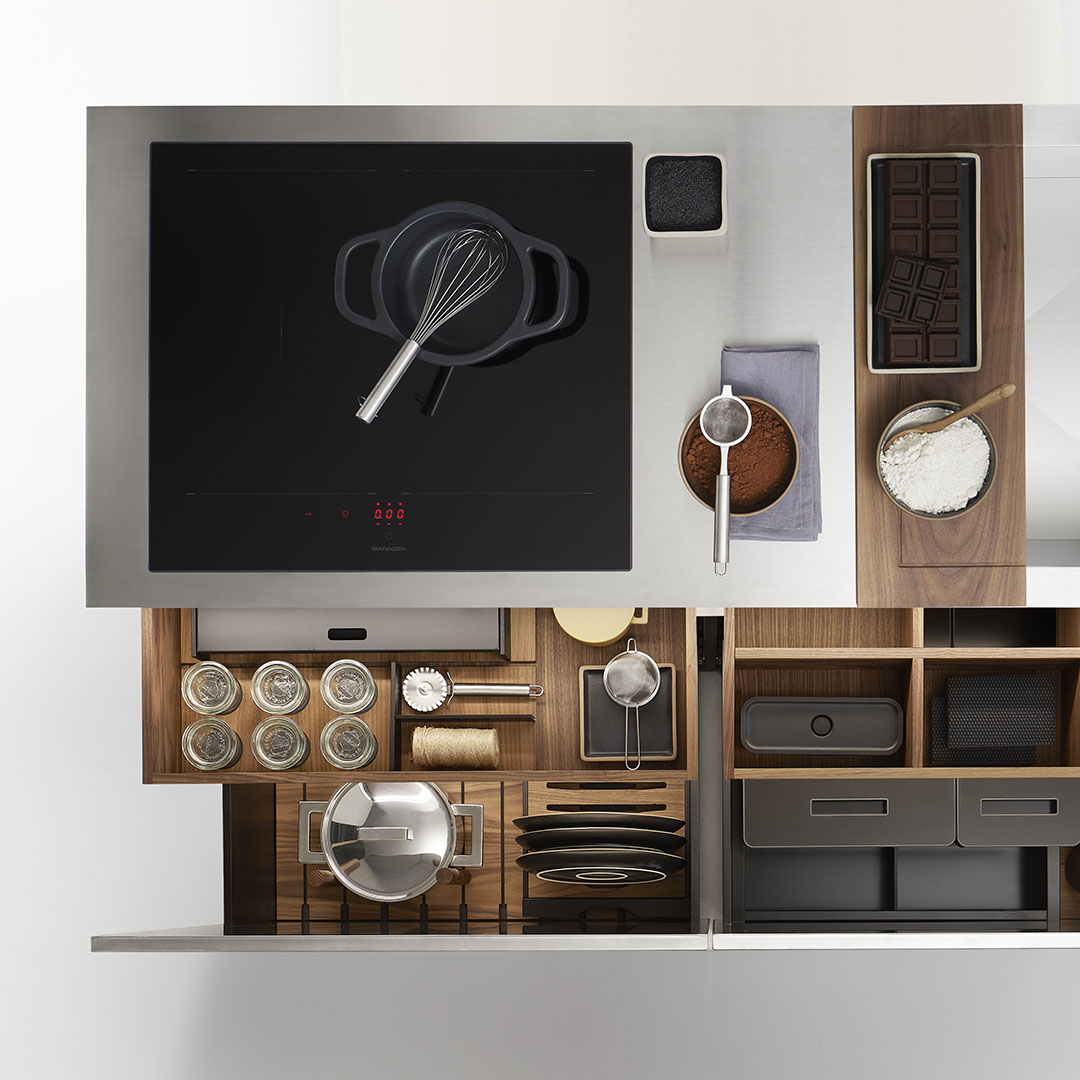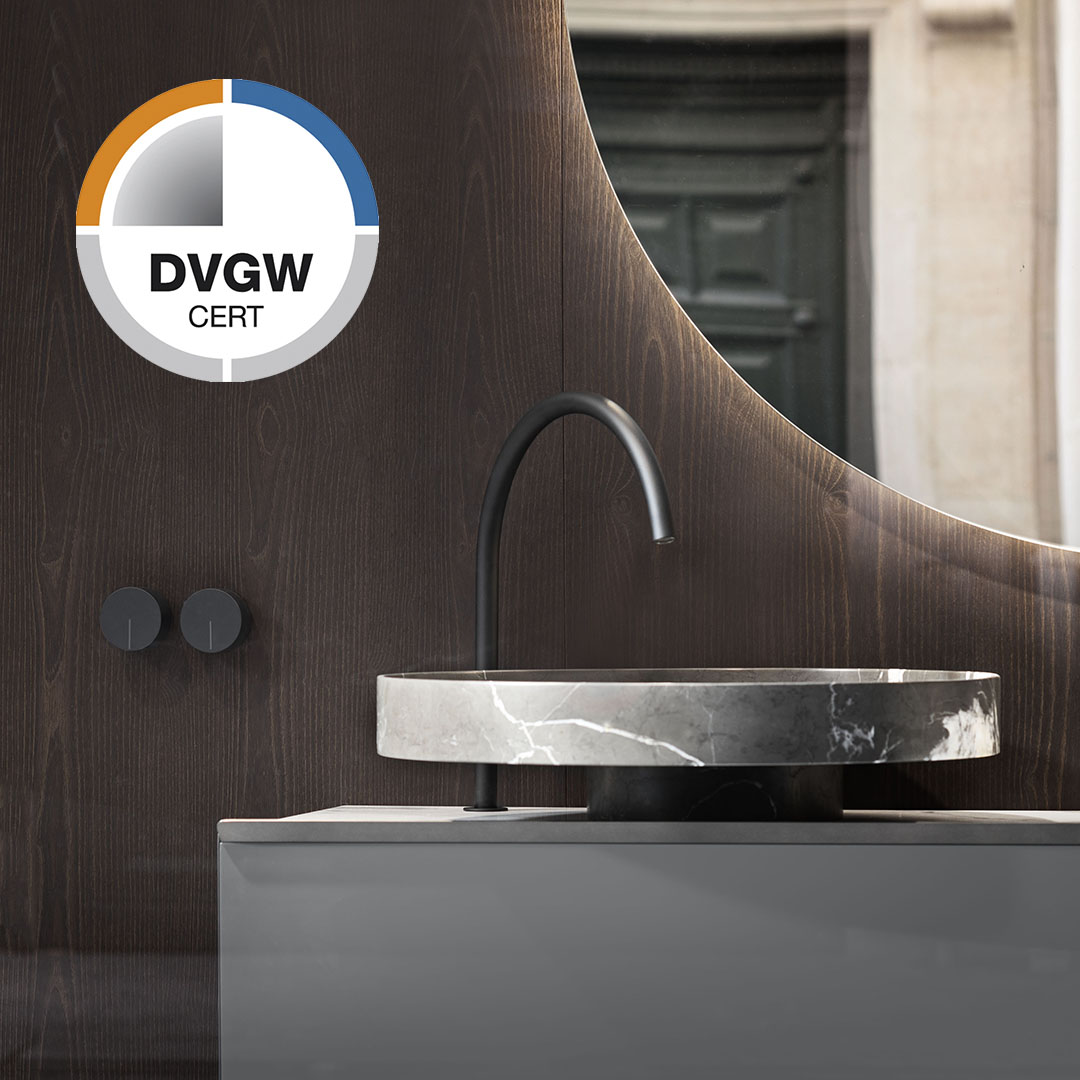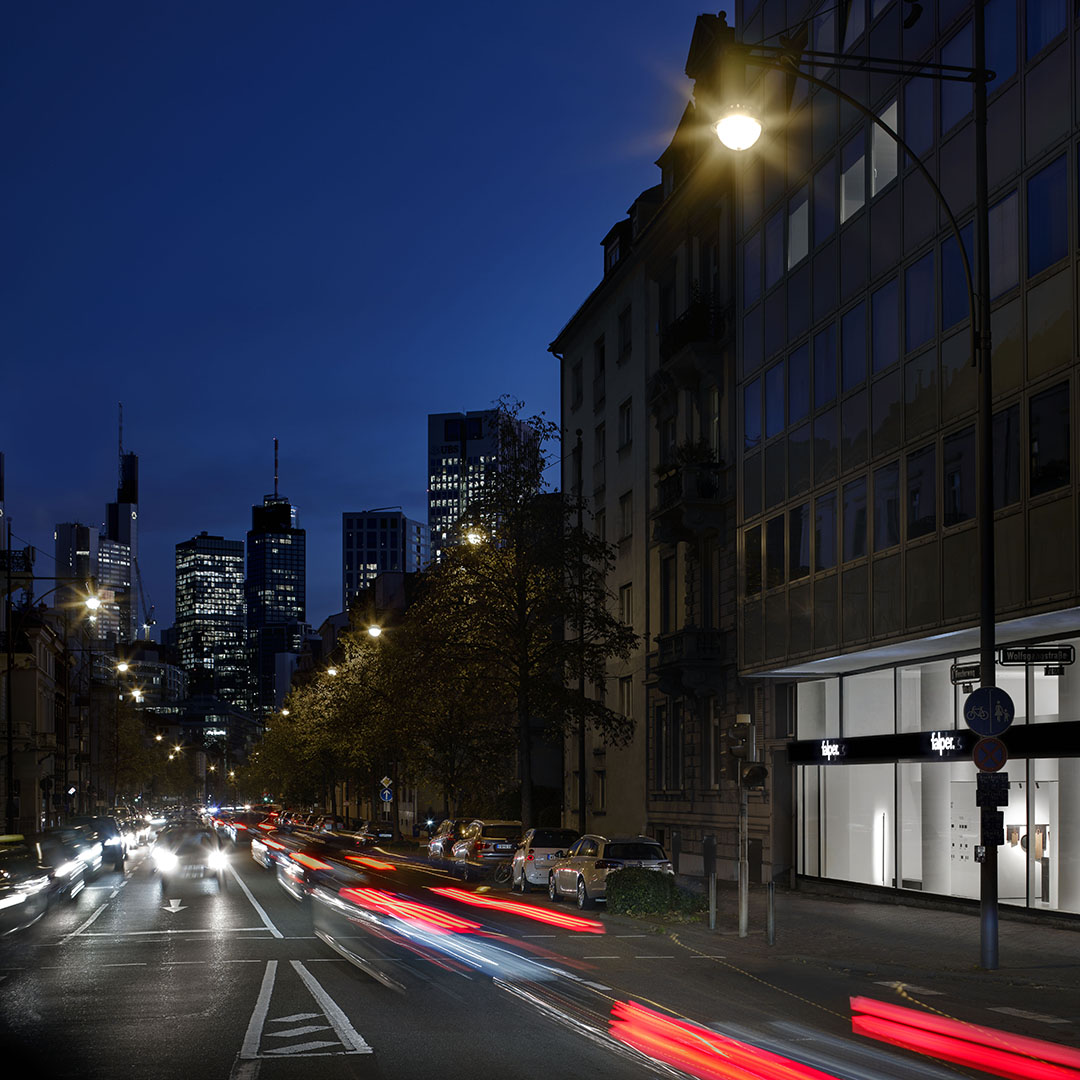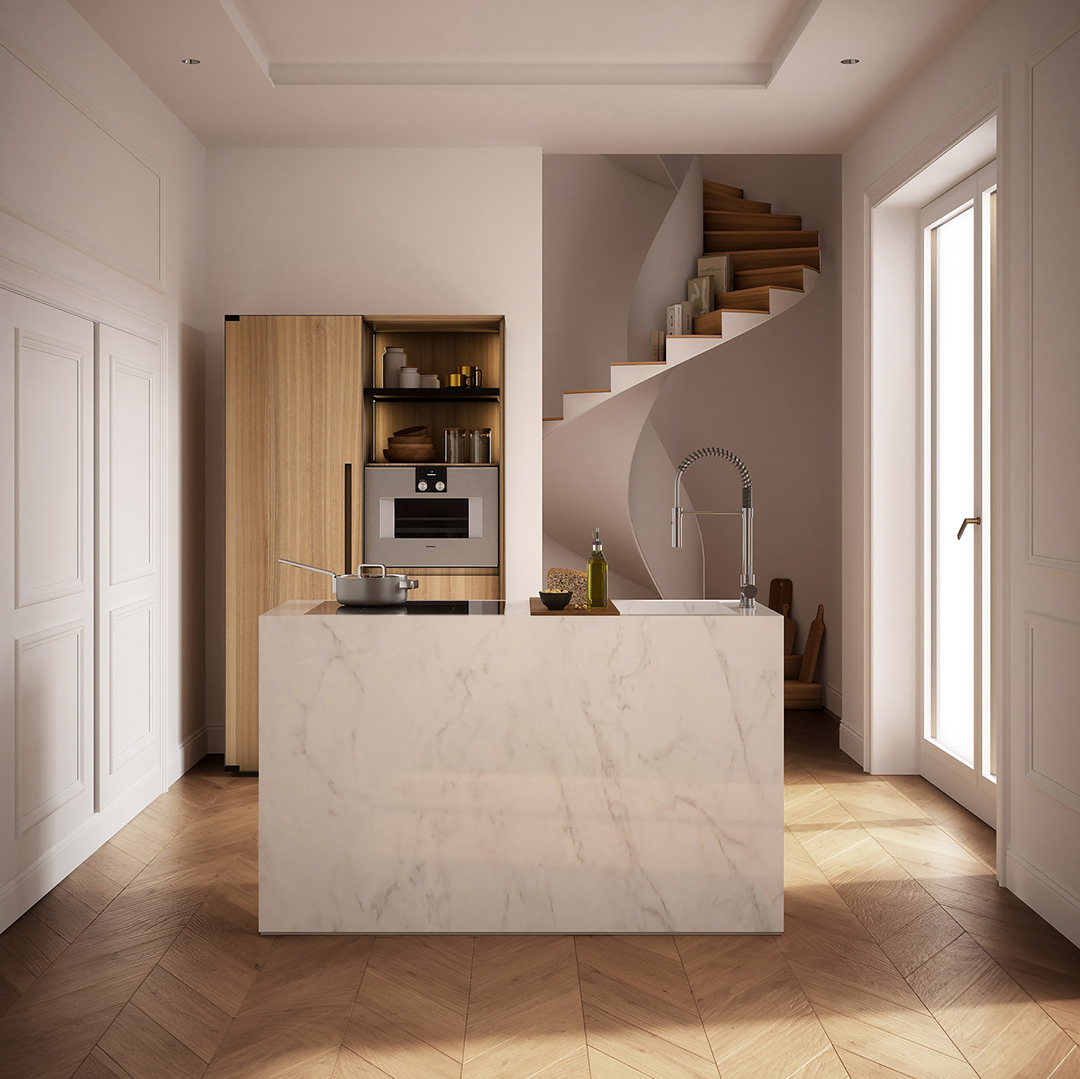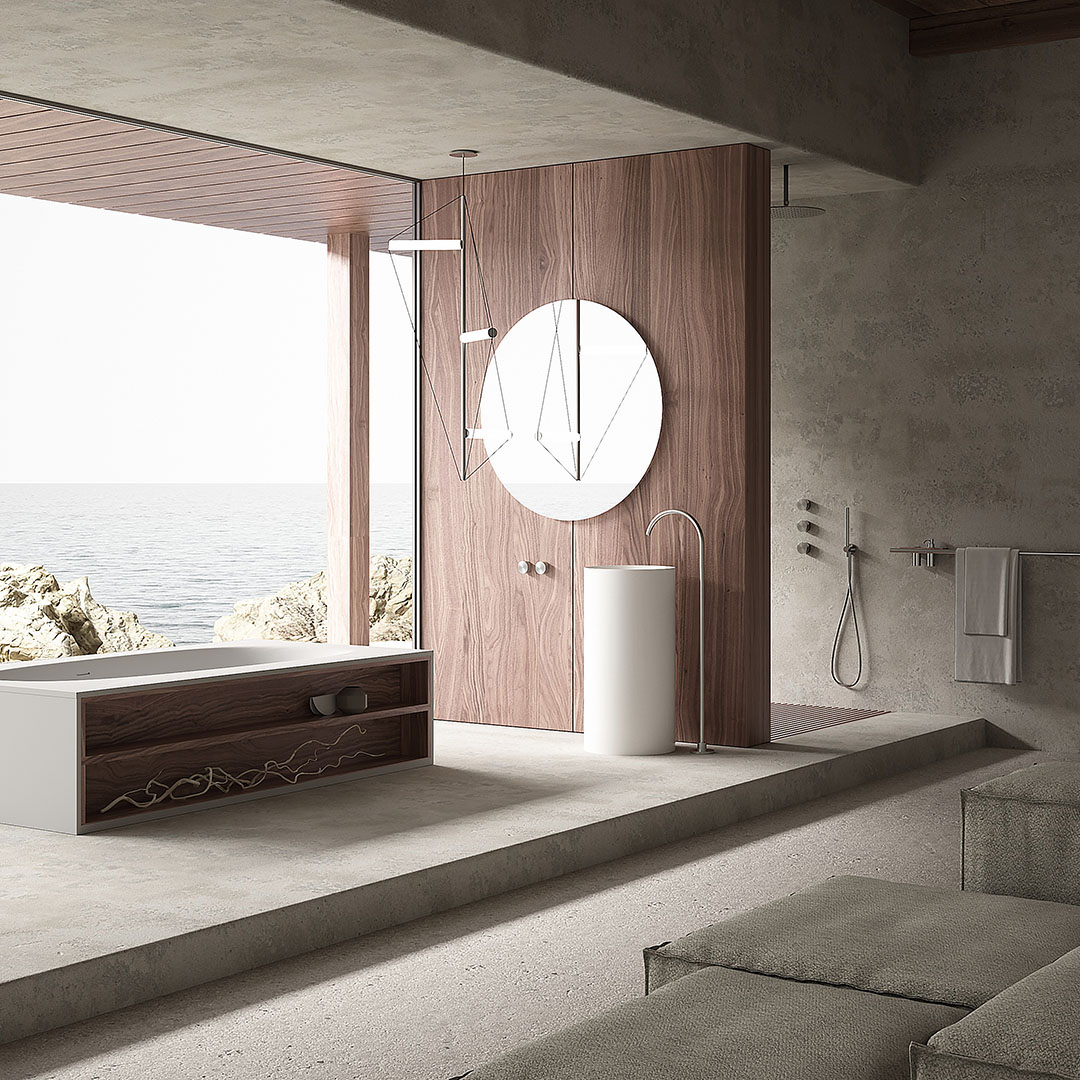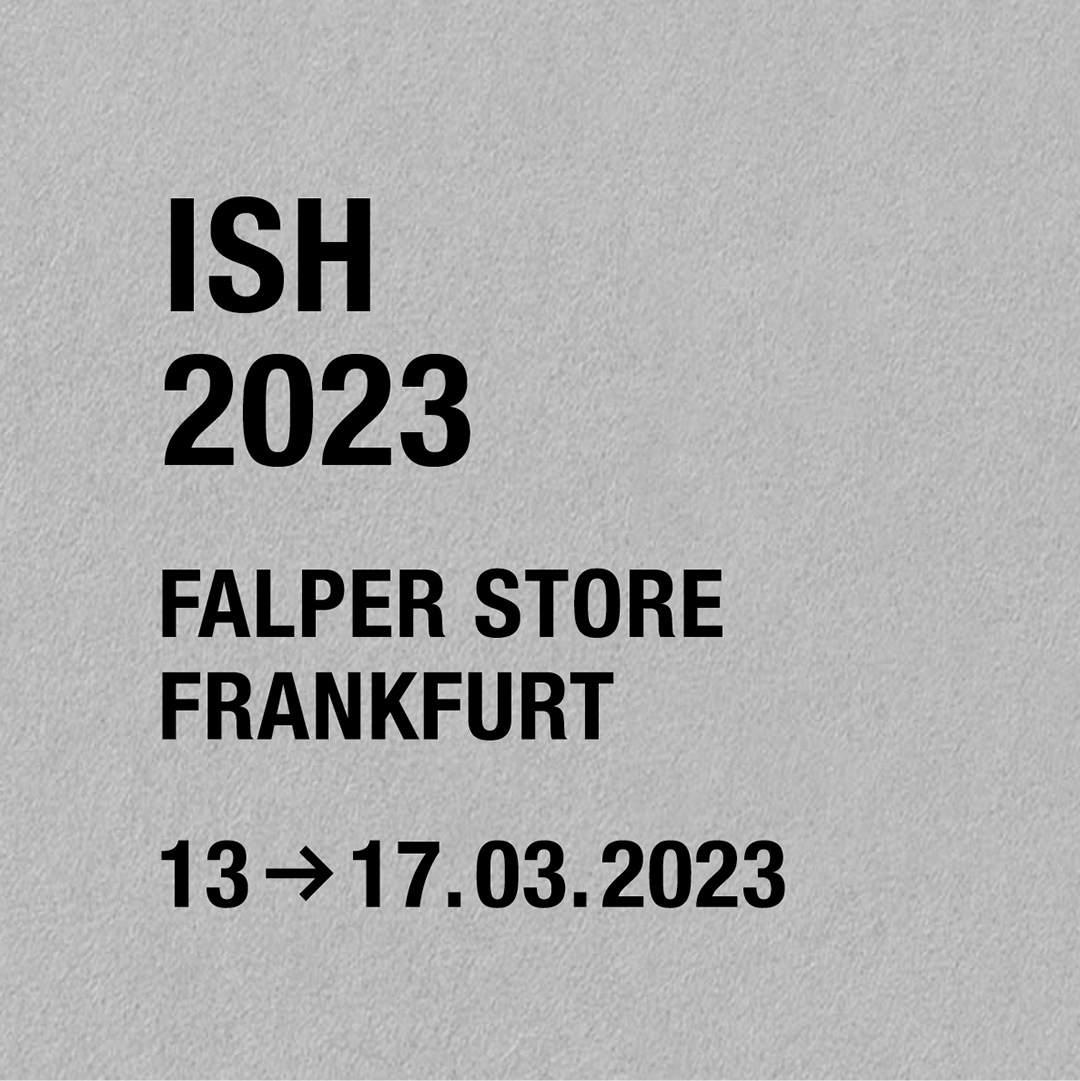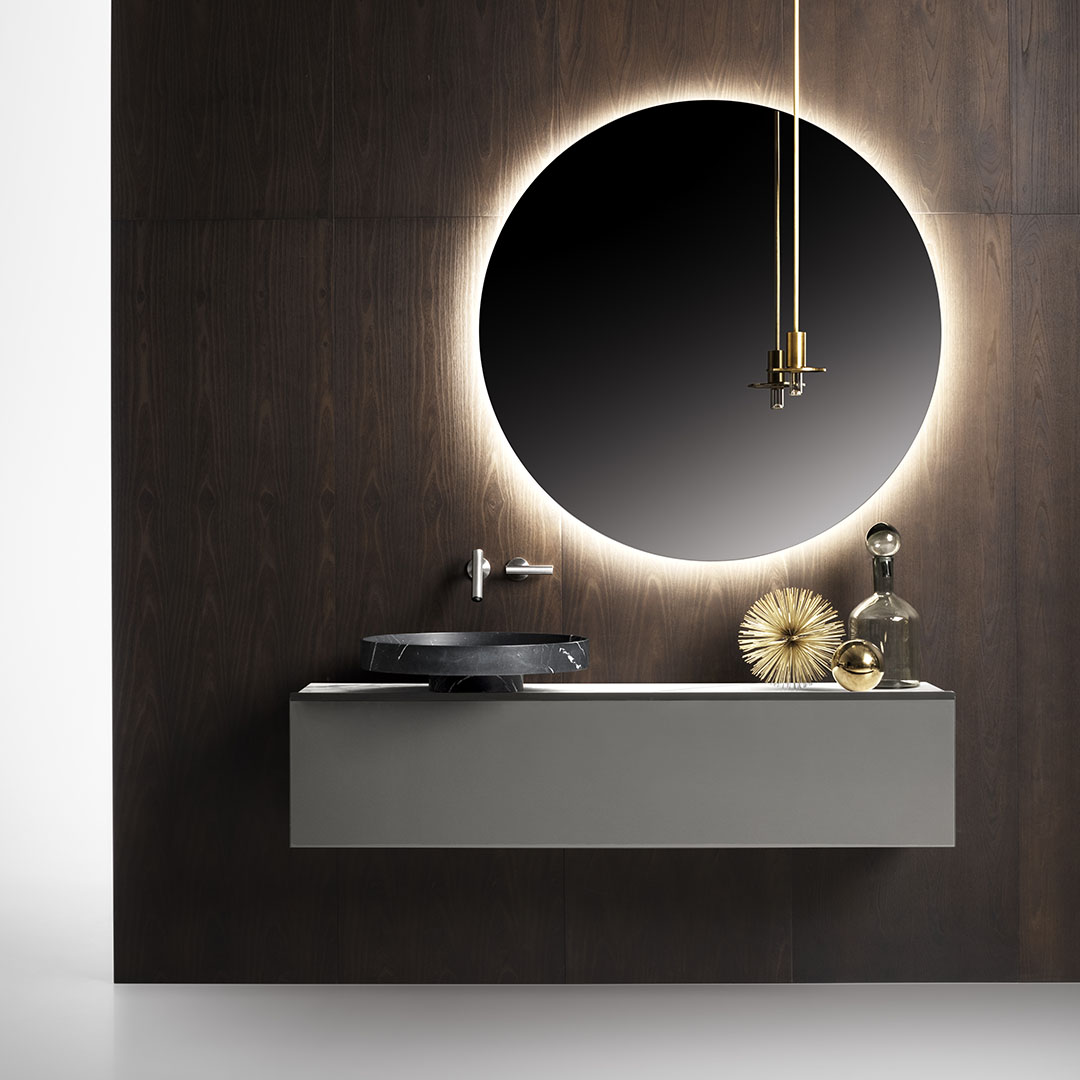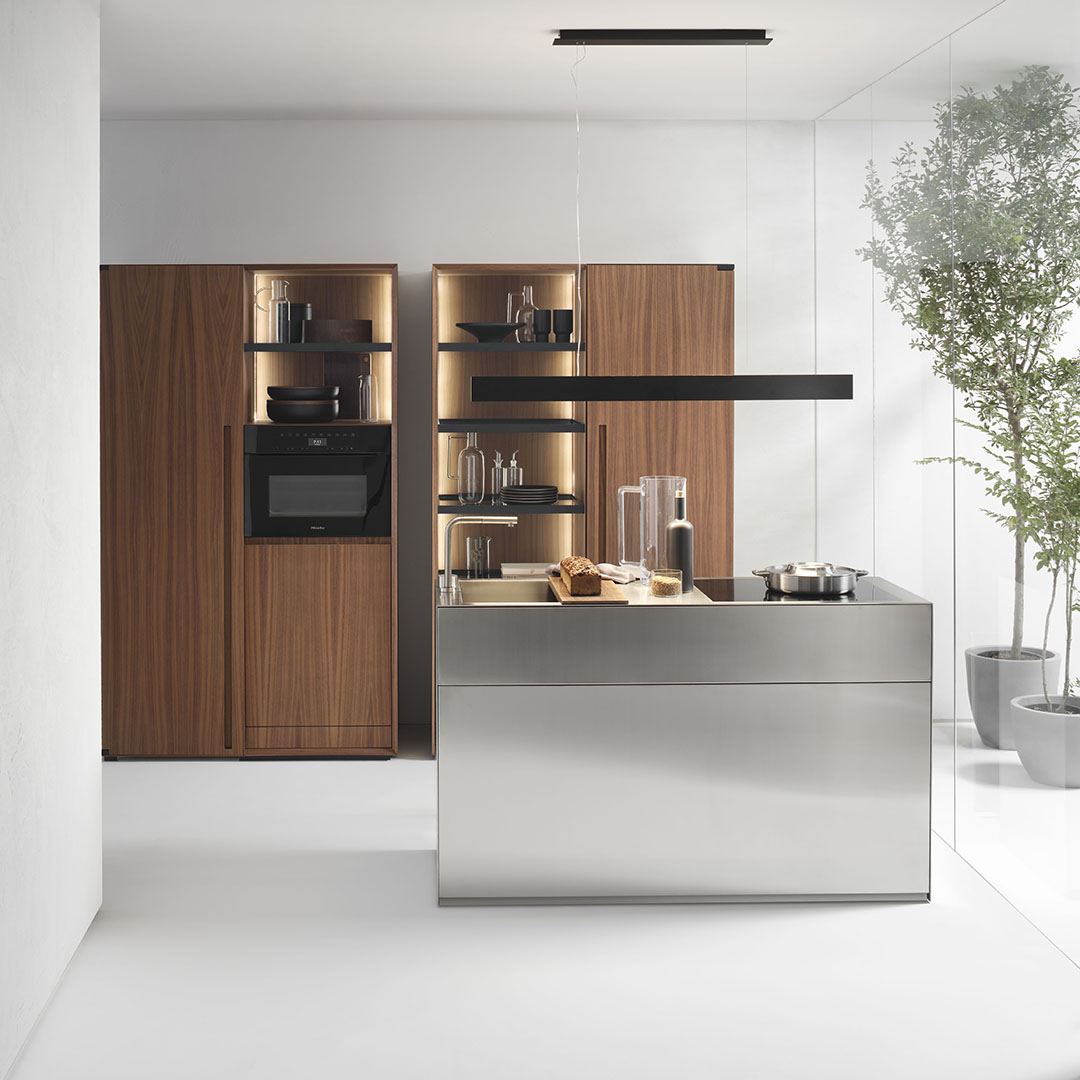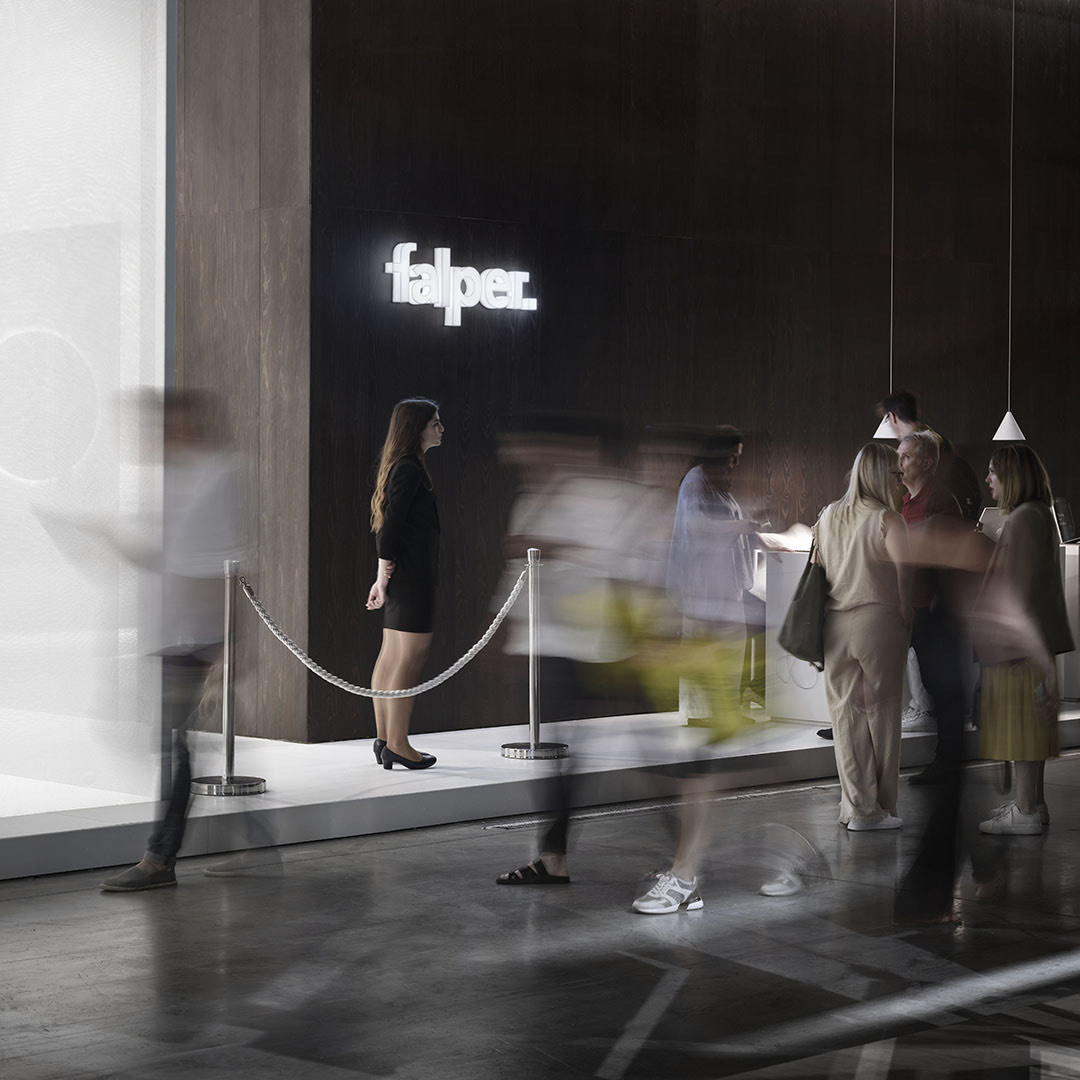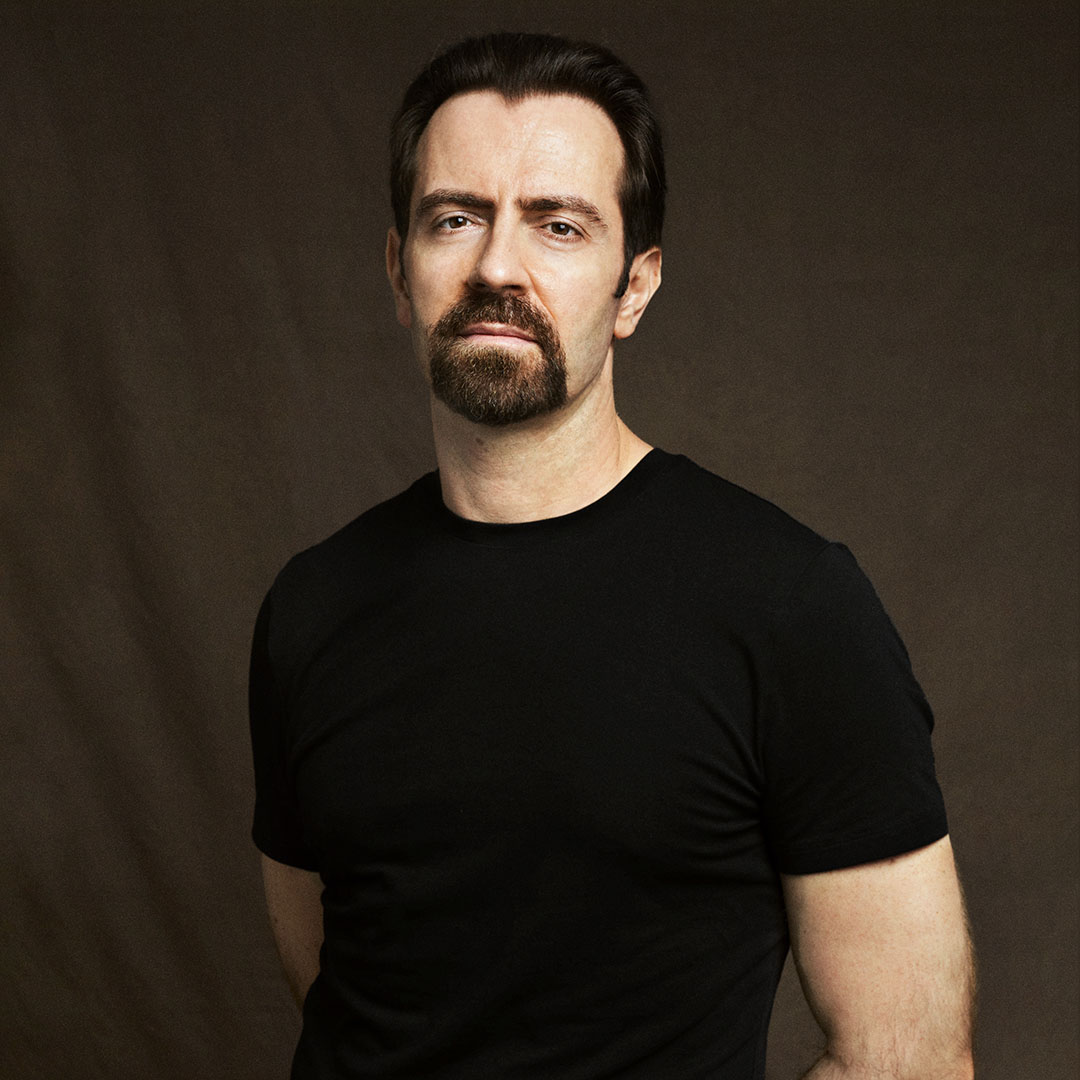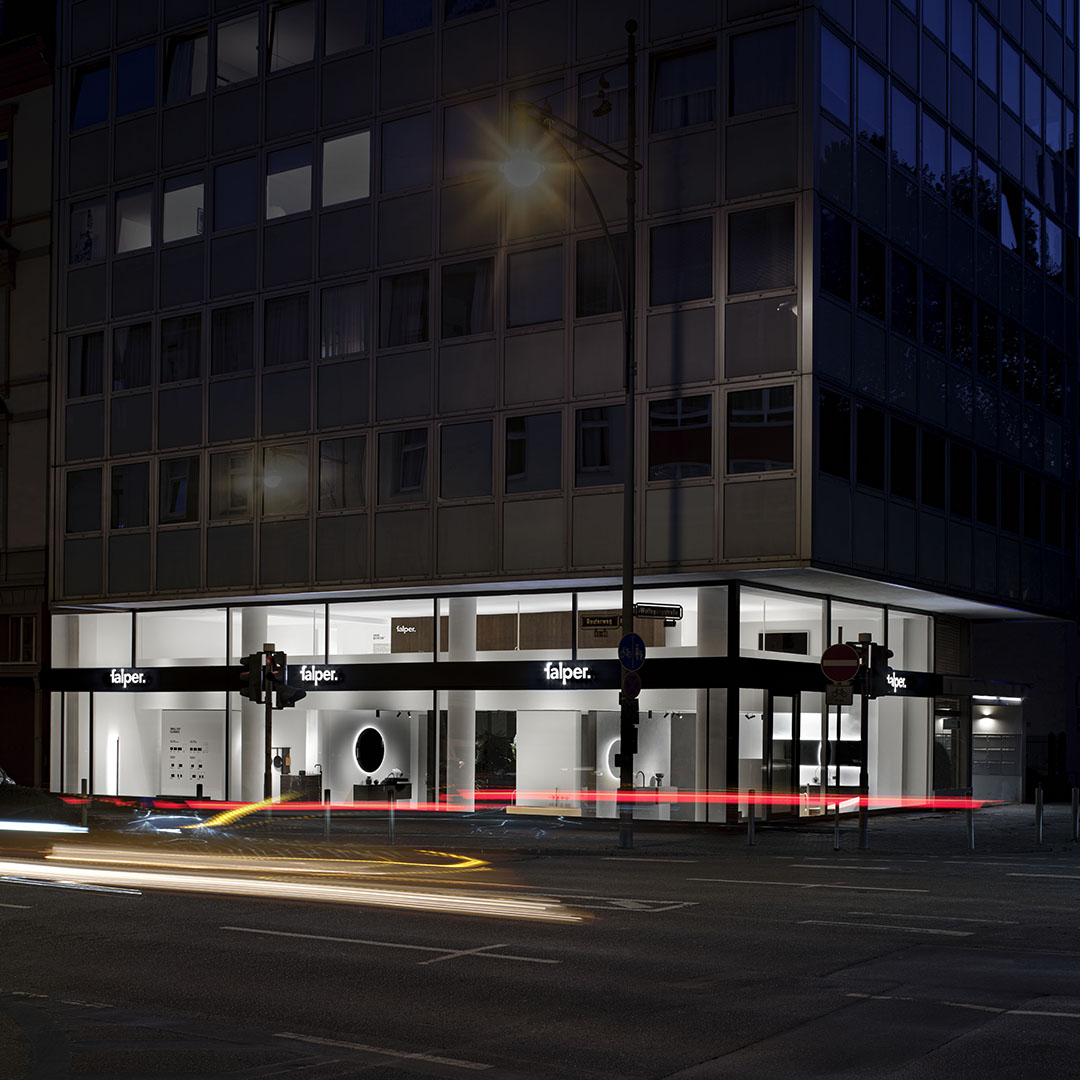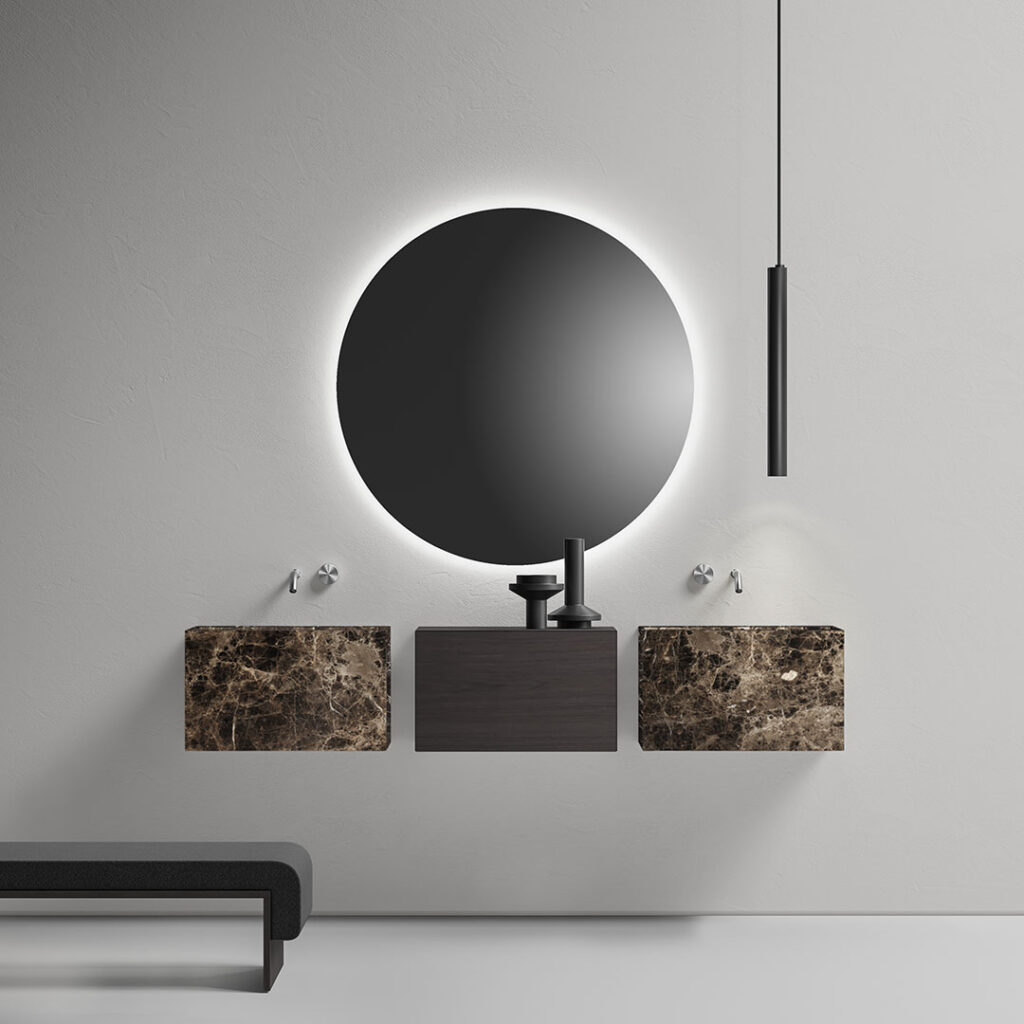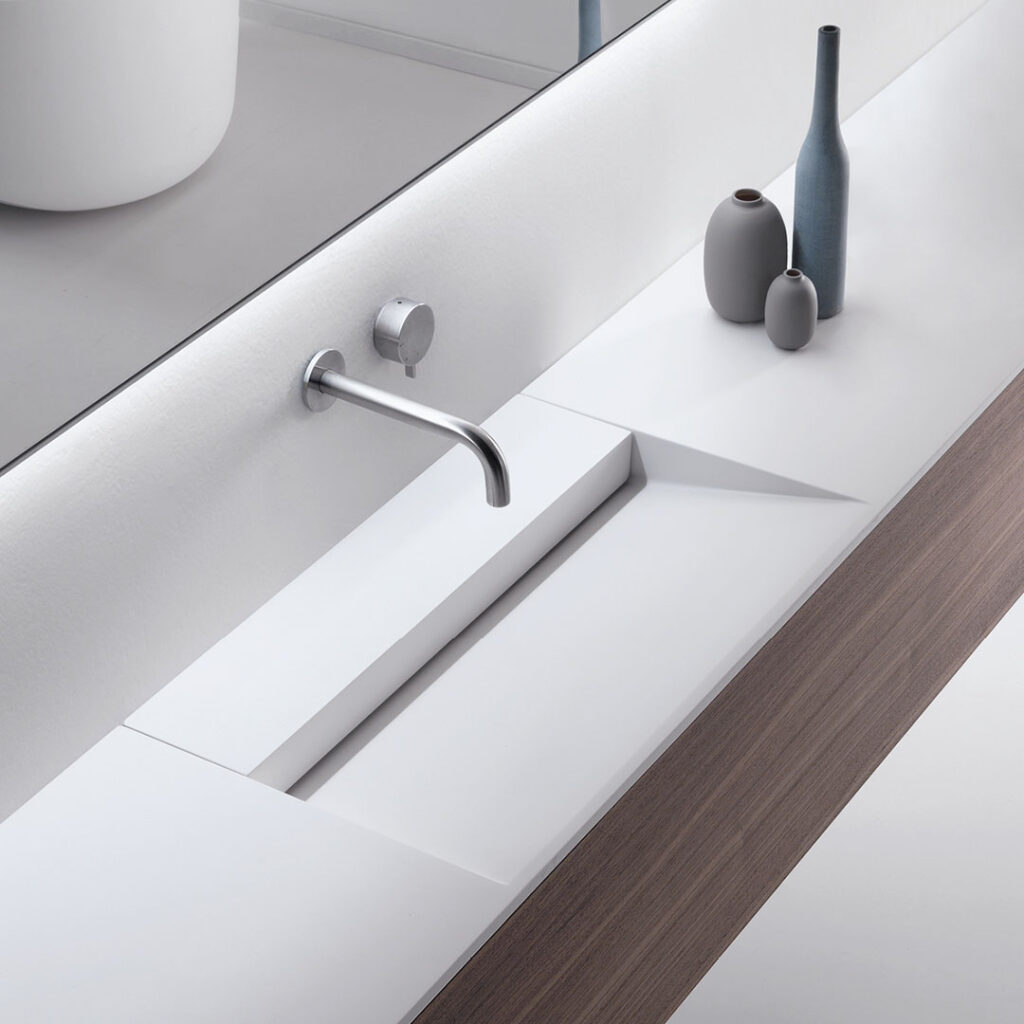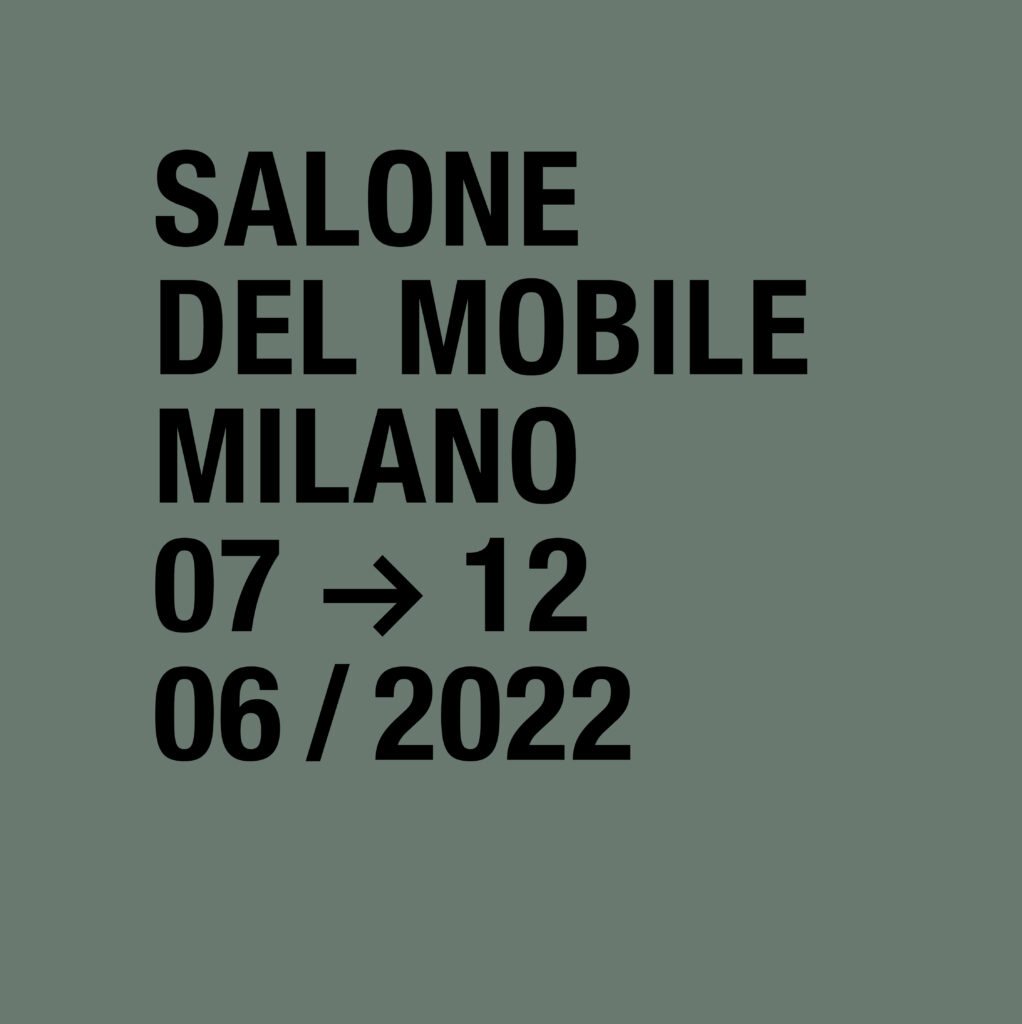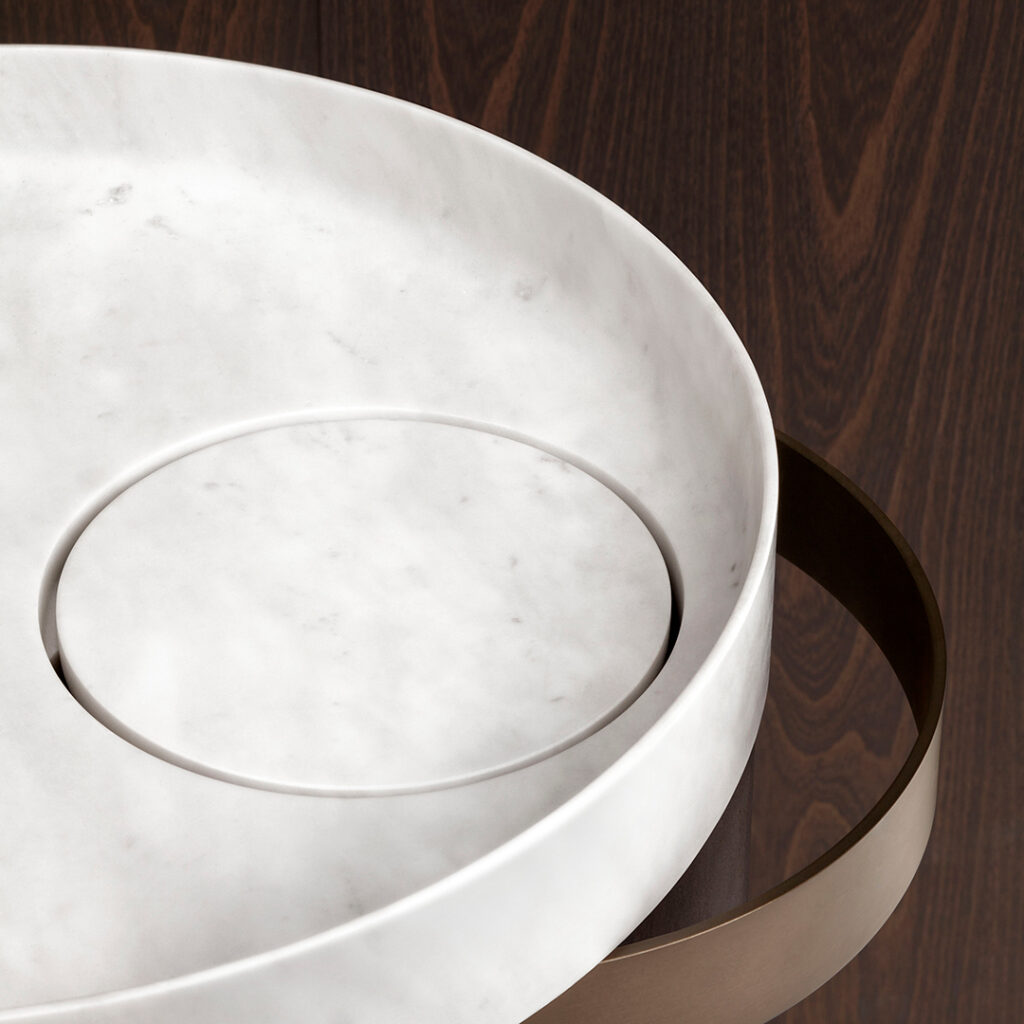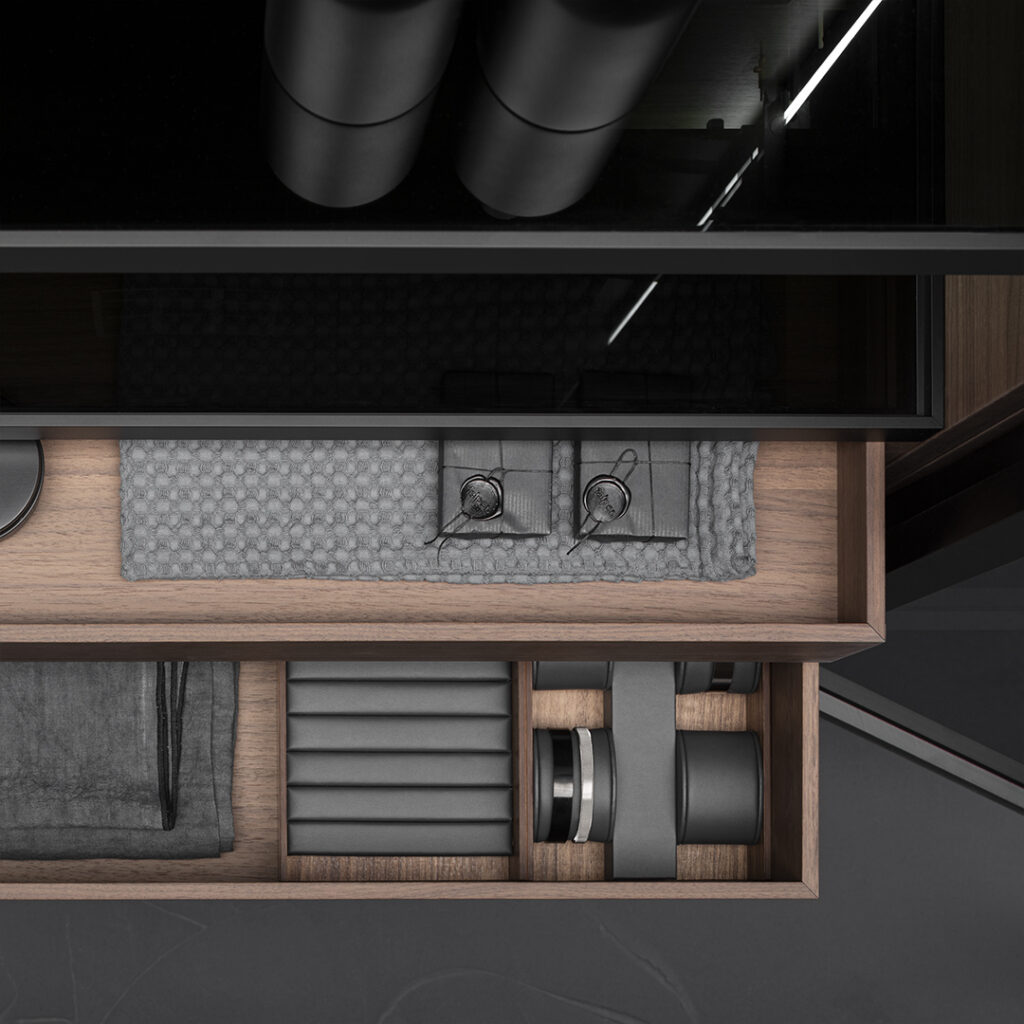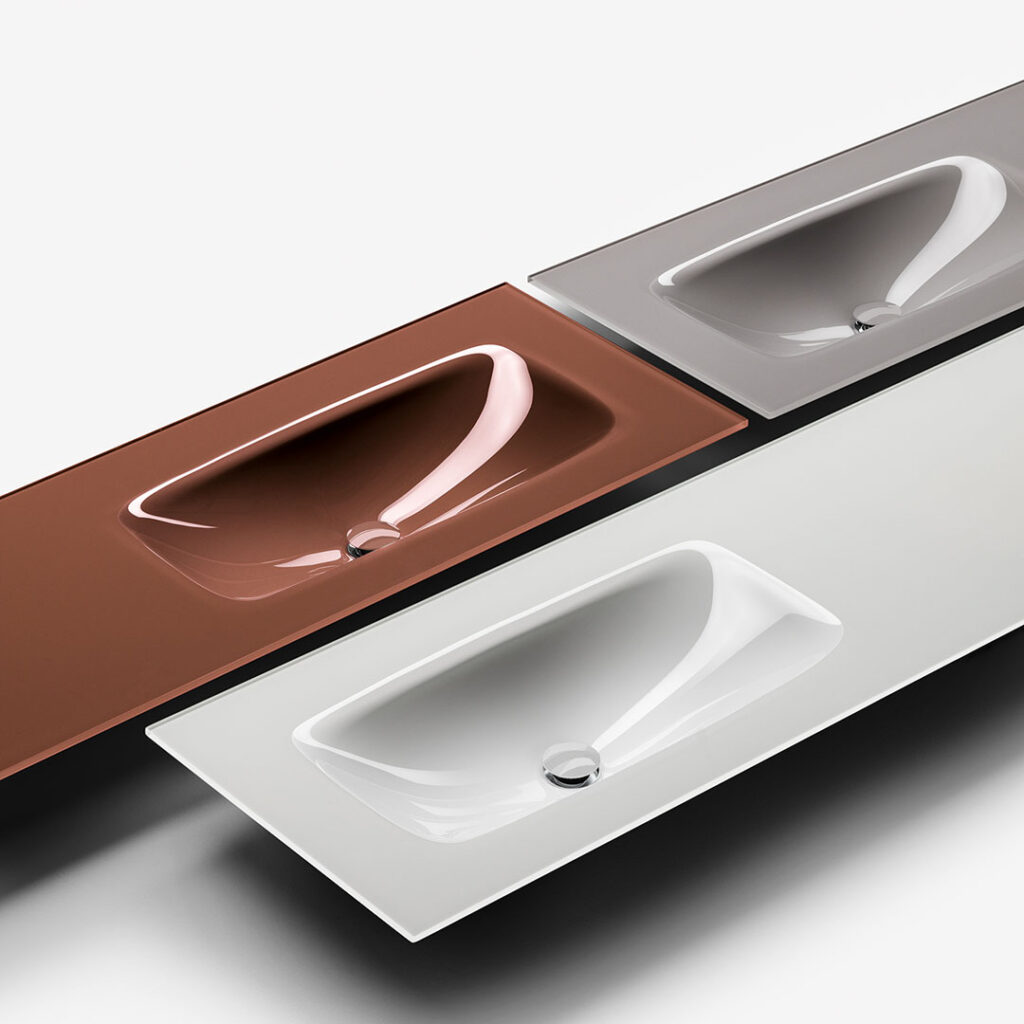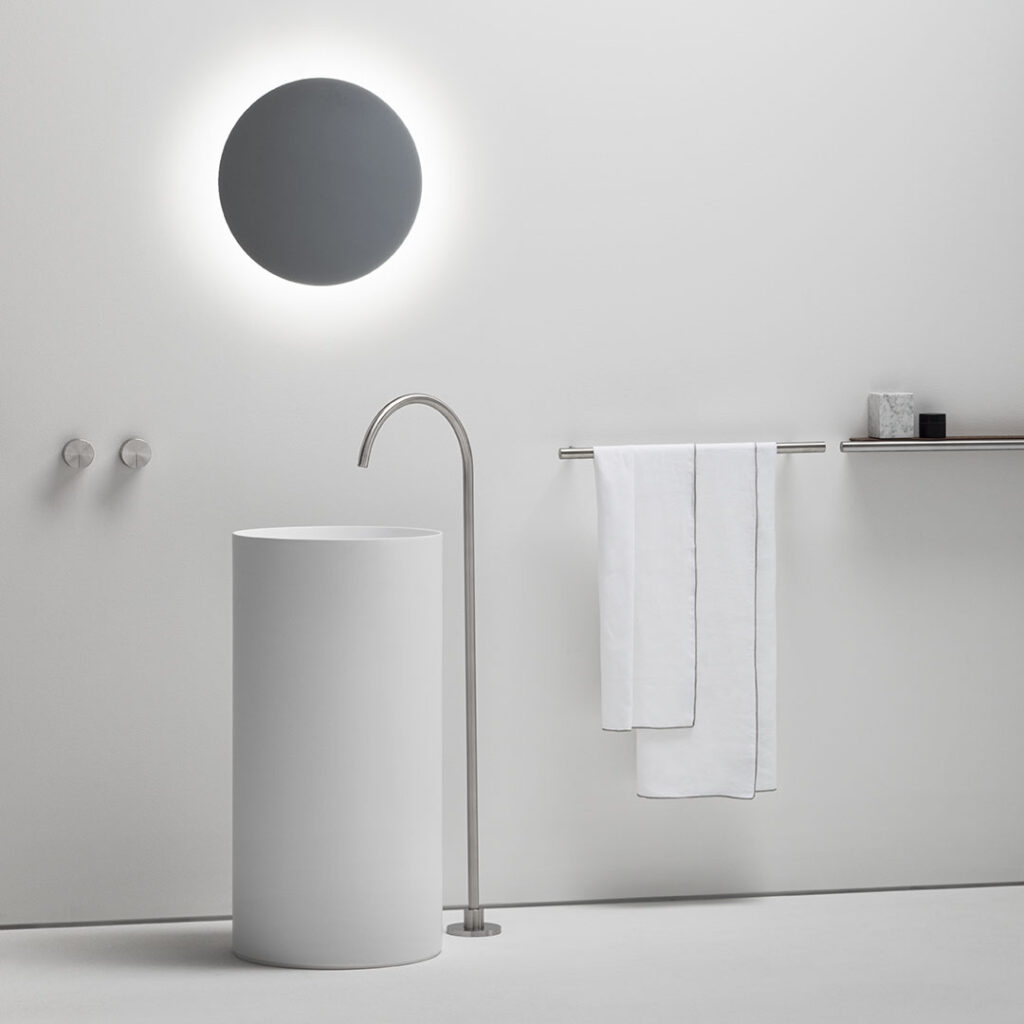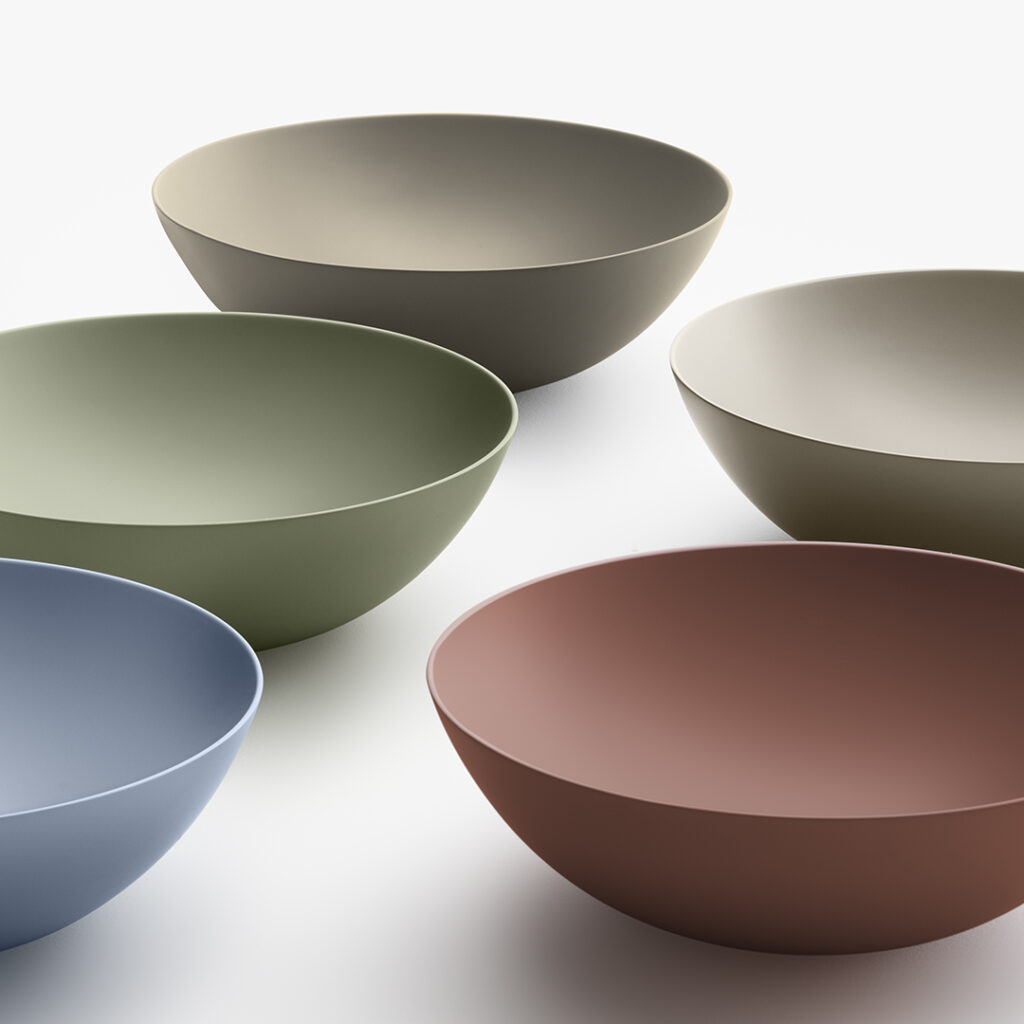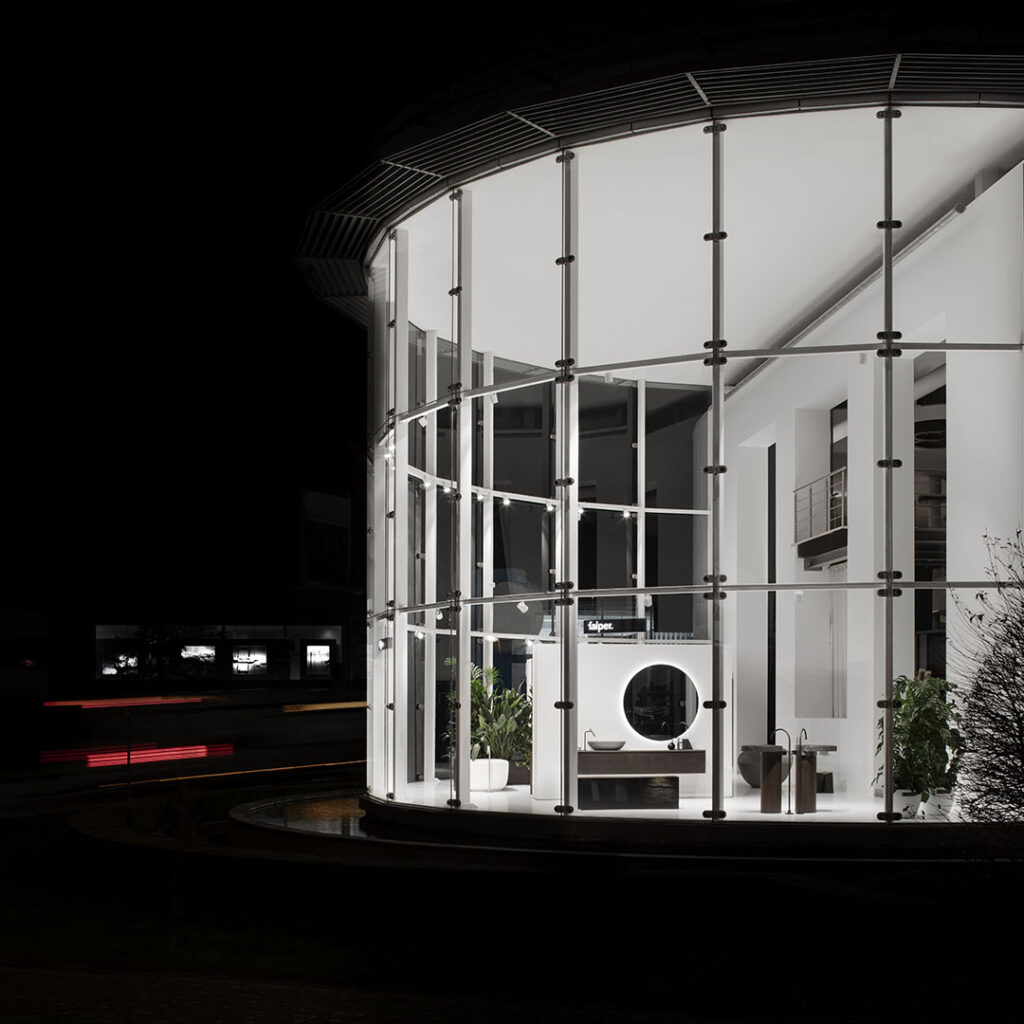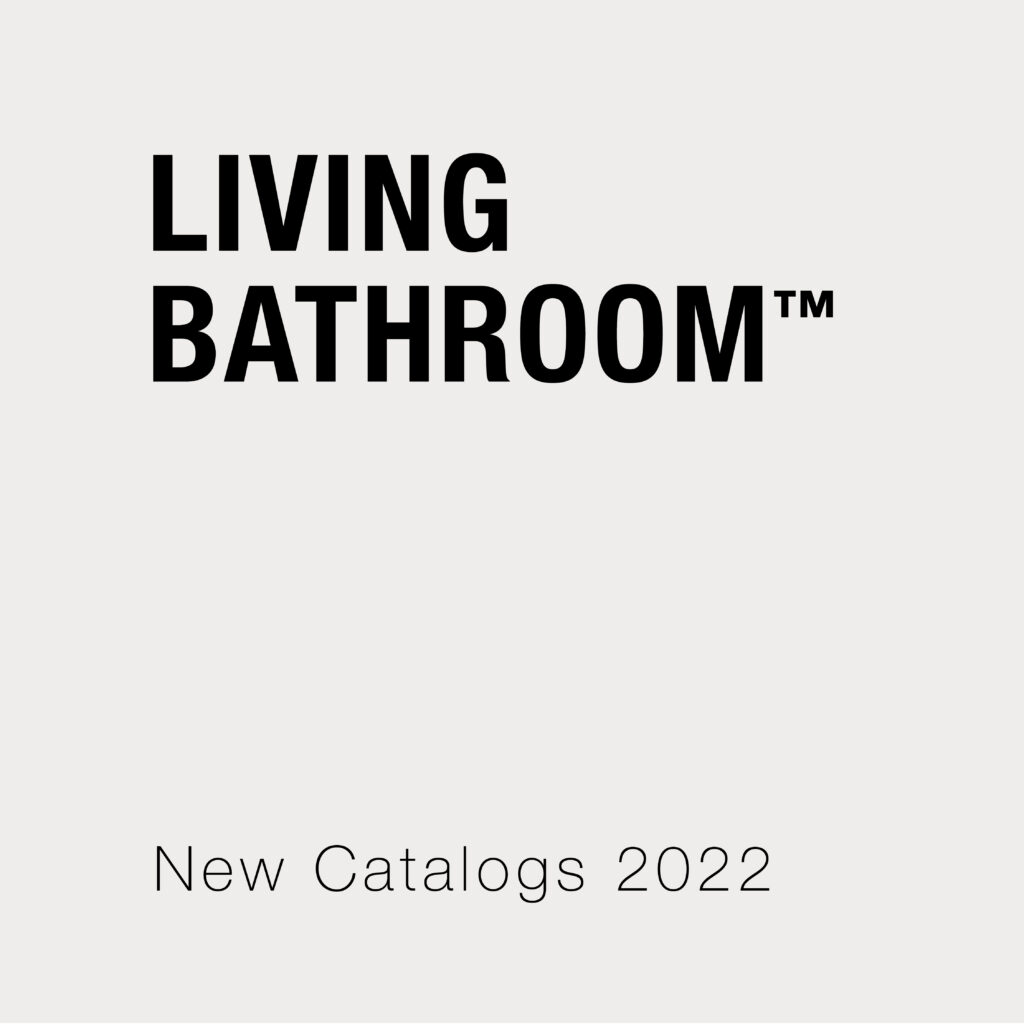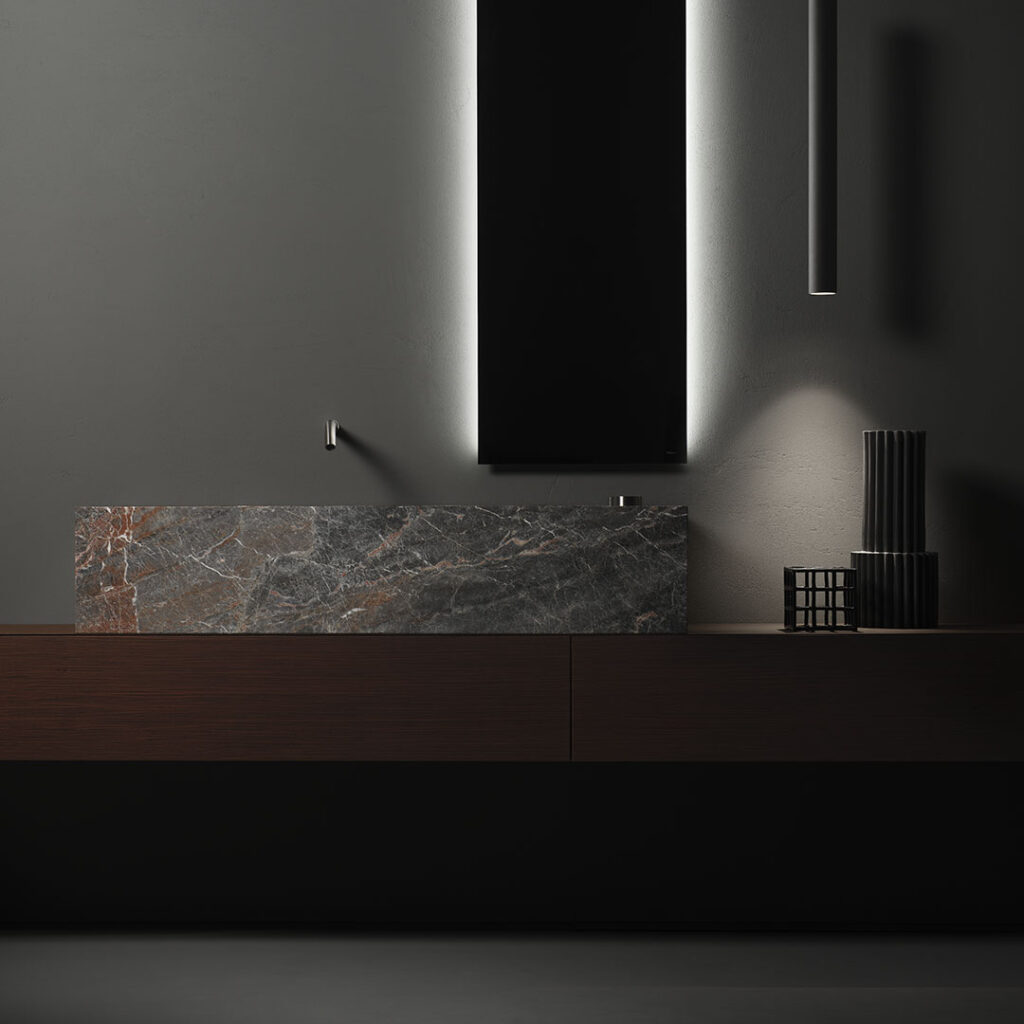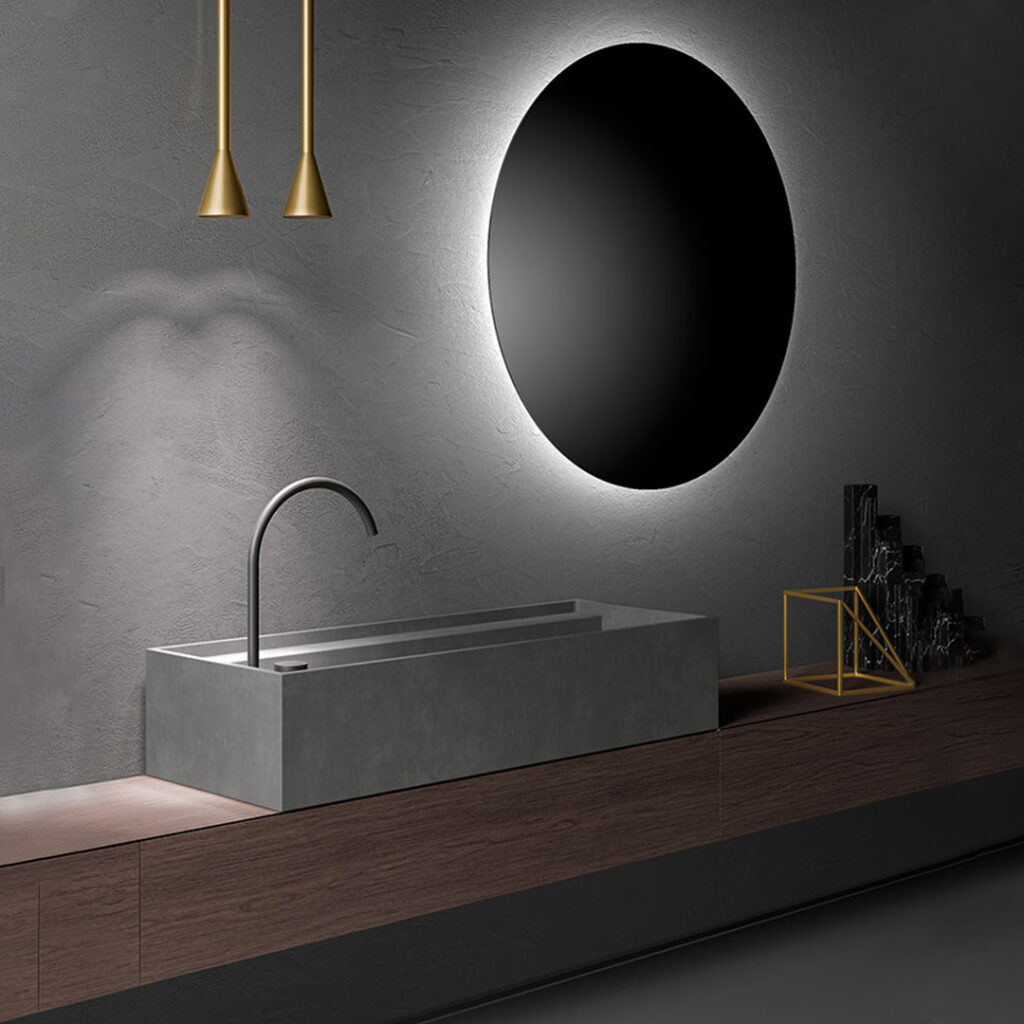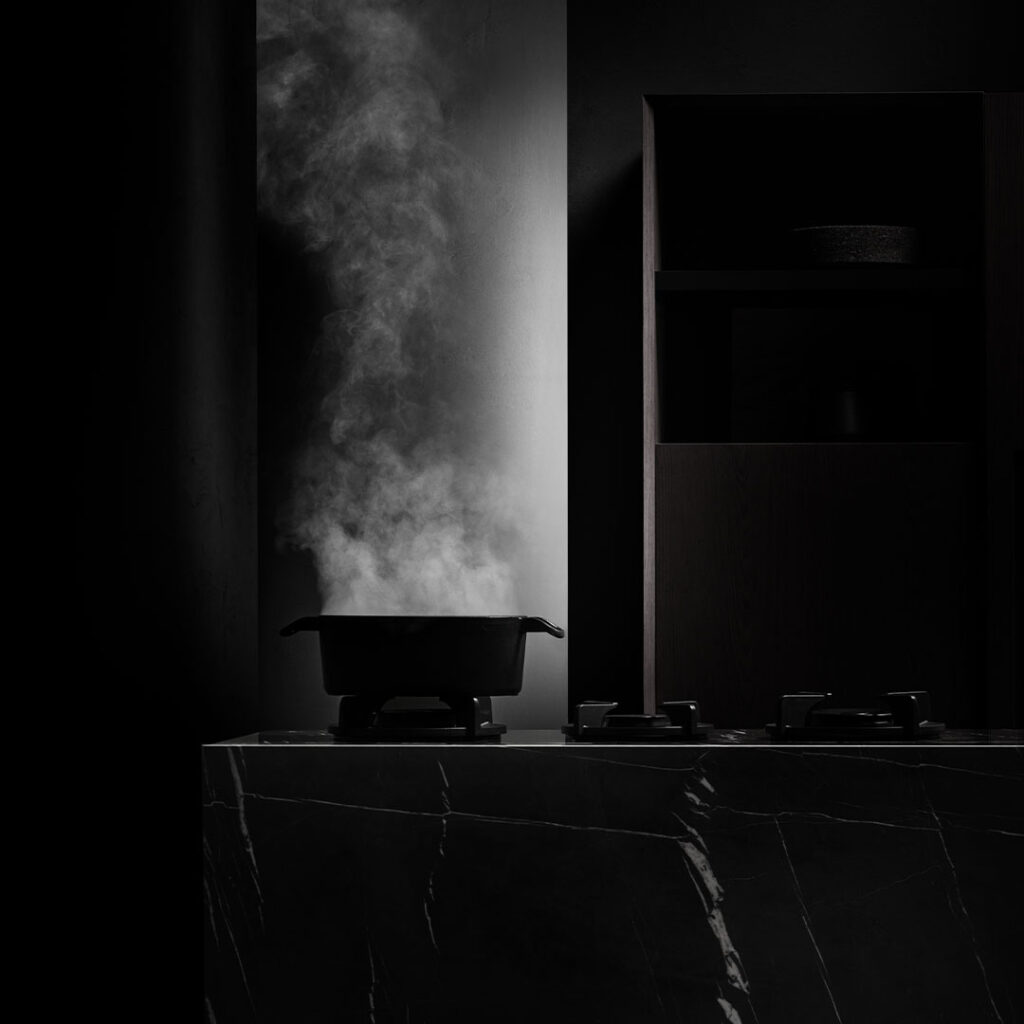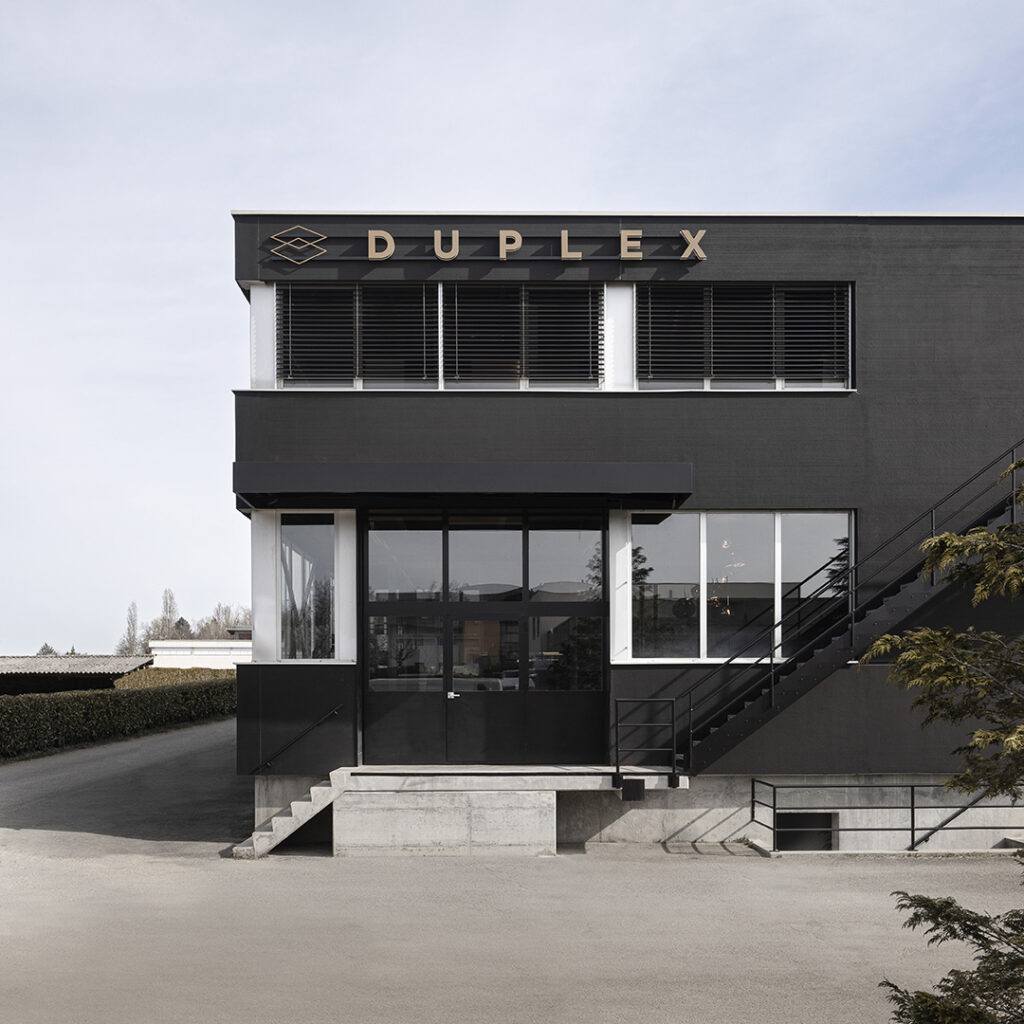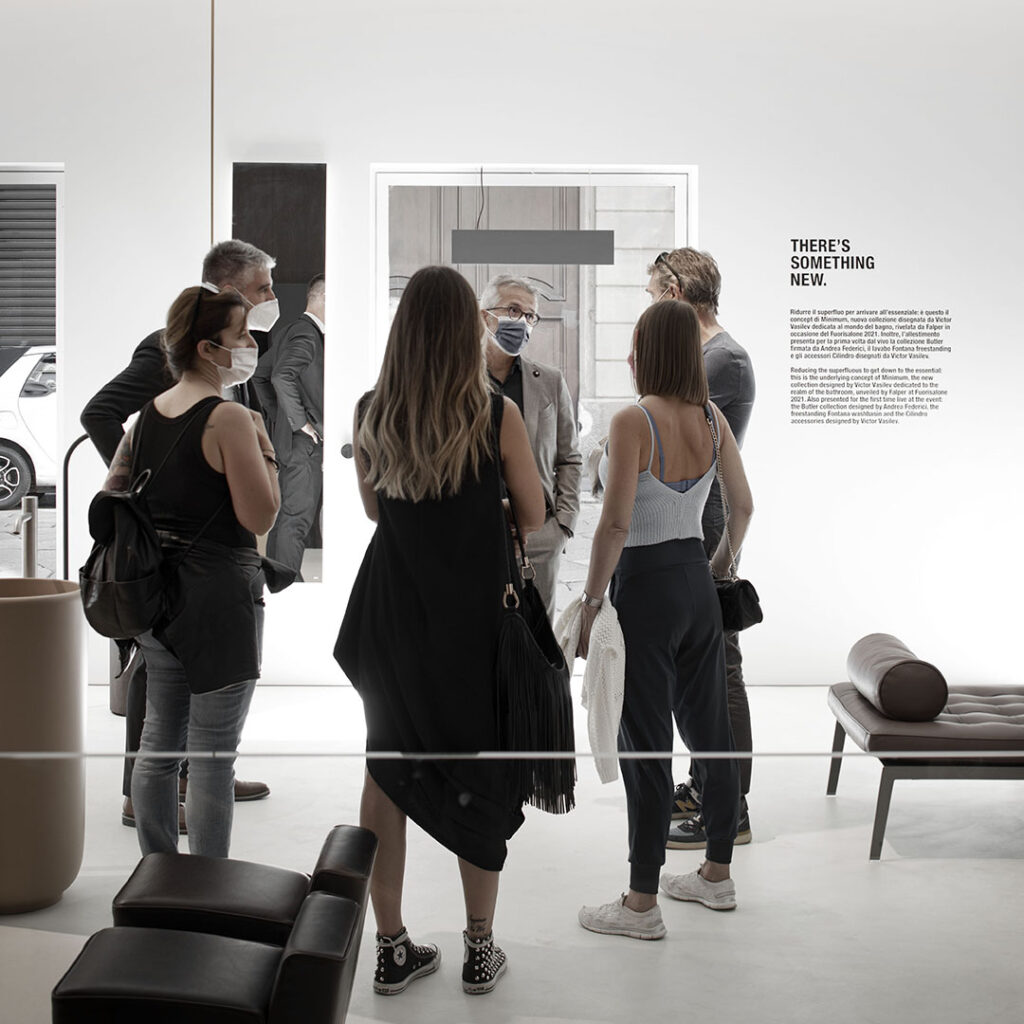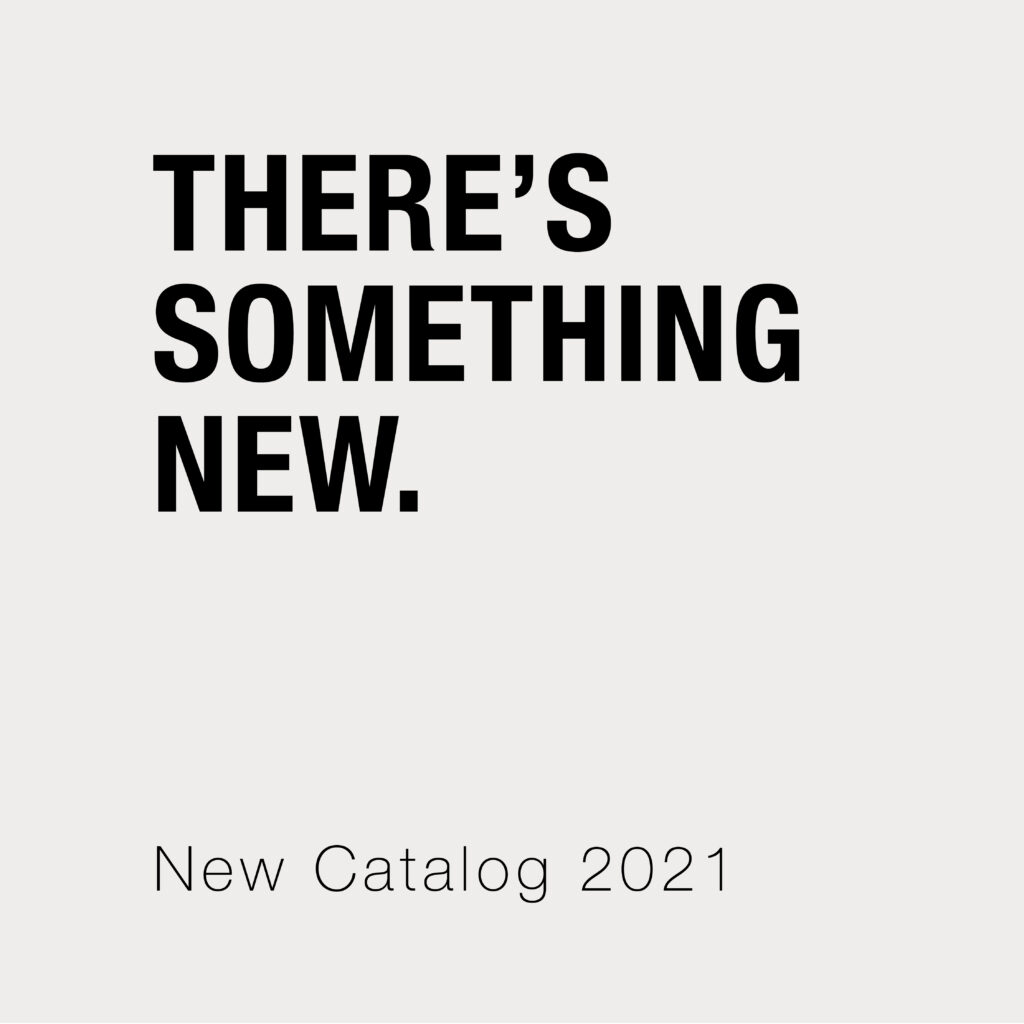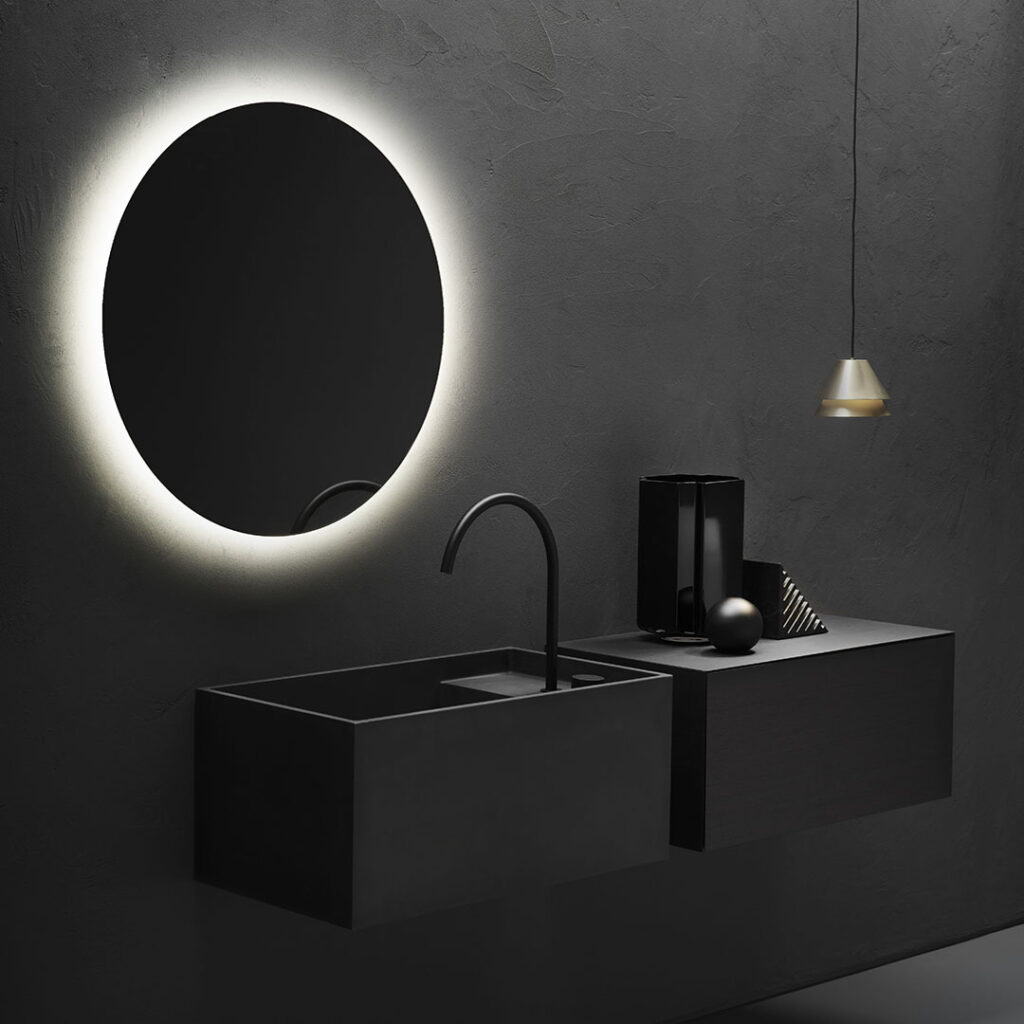Andrea Federici: The Revolution in the Kitchen
Andrea Federici, born in 1981 and a graduate of the Polytechnic University of Milan, began his career as a designer and art director in 2003, developing entire collections of kitchens, bathrooms, office furniture, and living rooms. He has received numerous international awards and a prestigious nomination for the 2023 EDIDA Award for his Small Living Kitchen project.
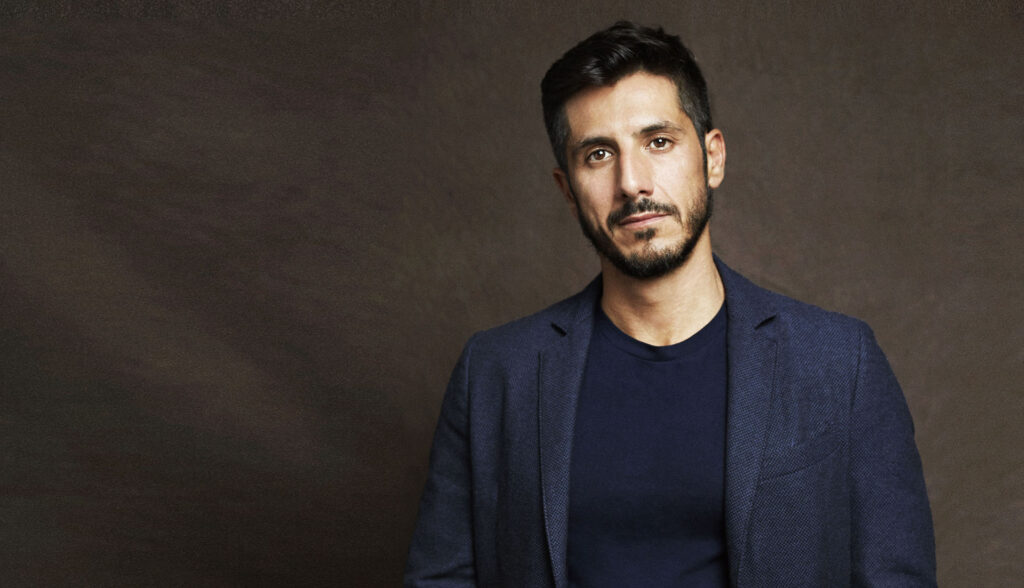
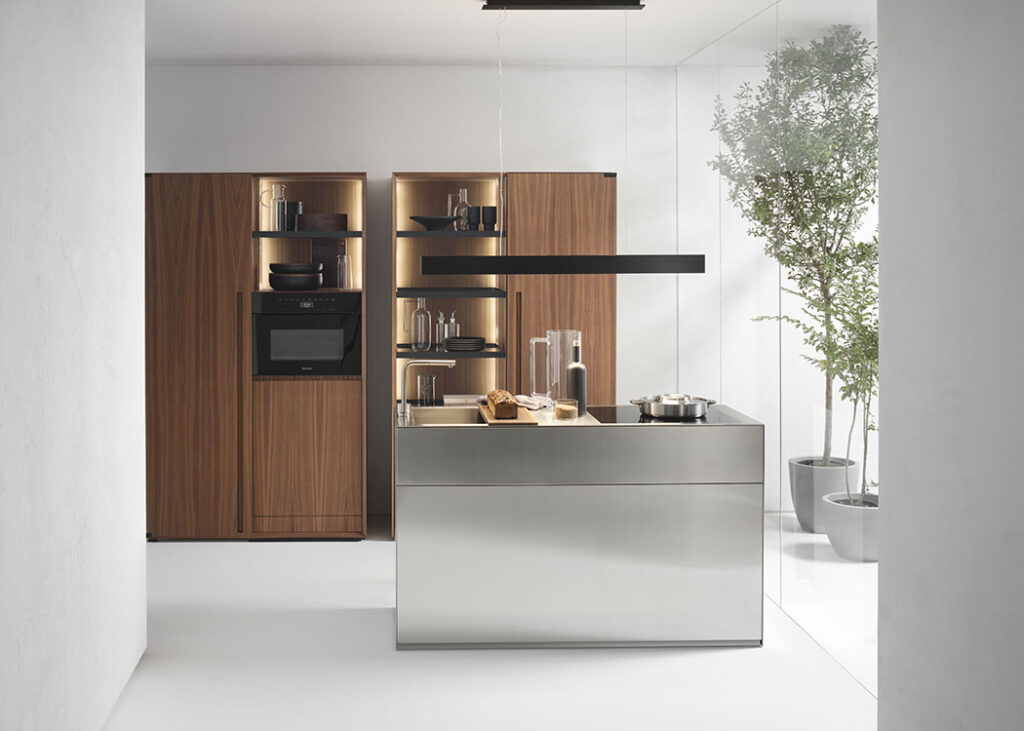
How did you envision the Falper kitchen line?
I started by observing that today’s households have radically changed: there are more childless couples or singles, whose lives unfold in high-density urban centers, where space is increasingly scarce. Temporary housing has proliferated thanks to the mobility of transient managers. There are new types of consumers for whom kitchen companies should seek solutions. Falper caters to a unique niche market: those who live in small, precious spaces, potential customers with a luxury income, who seek sophisticated objects that reflect their status.
What was your approach to the design process?
The modern kitchen comes from the Frankfurt Kitchen, conceived in 1926 by Margarete Schütte-Lihotzky, Austria’s first female architect, who designed a system of modular furniture. From there, we reimagined the kitchen archetype: it’s the first time since then that it’s been industrially reimagined. We started with an experiment like the Smart, a small car designed for parking in small spaces without sacrificing style, which later became a status symbol. We’ve given dignity to the small kitchen. This is demonstrated by the satisfaction and appreciation I receive from industry professionals and the press.
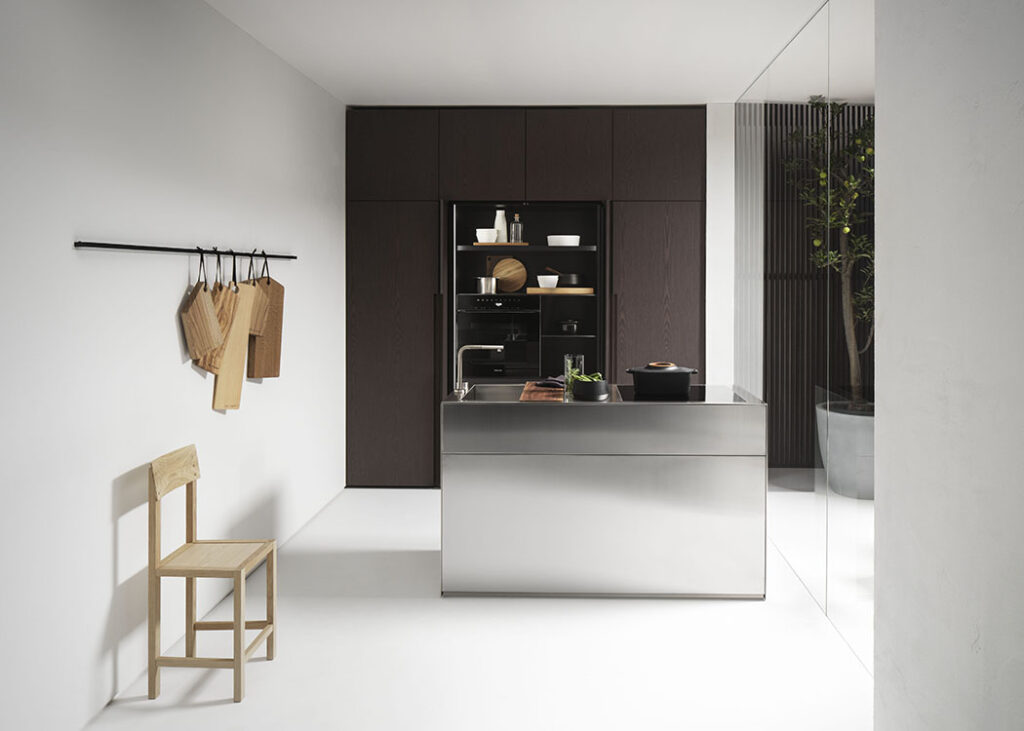
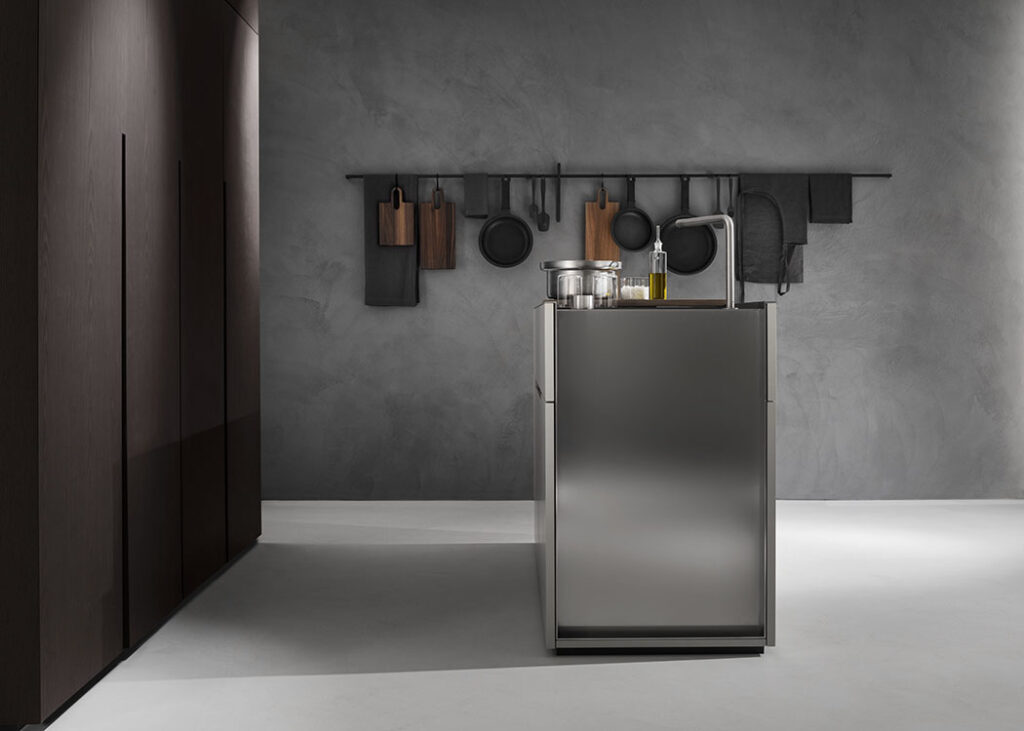
How did the Falper kitchen project begin?
I’ve known Luca Fallavena (CEO) for about ten years; the idea for a Mini Kitchen came from him. We began research in 2018: it took six months of study, at the end of which I presented a 300-page analysis, detailing everything that could and couldn’t be done. The first project was delivered in the summer of 2019. The real challenge was the technical aspect, working with suppliers and the production chain. We had to invent everything; we encountered obstacles around every corner. During the pandemic, we persevered with video calls. We saw the kitchen assembled for the first time in February 2022 and presented it at the Salone del Mobile in Milan in June.
Will cooking still be around in the future?
Cooking will still be around, but our relationship with it will change. There will be a form of guest cooking, a representation of cooking, a show cooking at home. There’s already a shift toward exotic flavors, blending traditional Italian dishes with Japanese, Chinese, Thai, Indian, and Mexican cuisine. We’ve acquired a more playful dimension; cooking will also be about pretending to be a chef, telling a story, looking glamorous while behind the stove, and showing off one’s skills. The kitchen will be a gathering place, a place to socialize and have fun.
